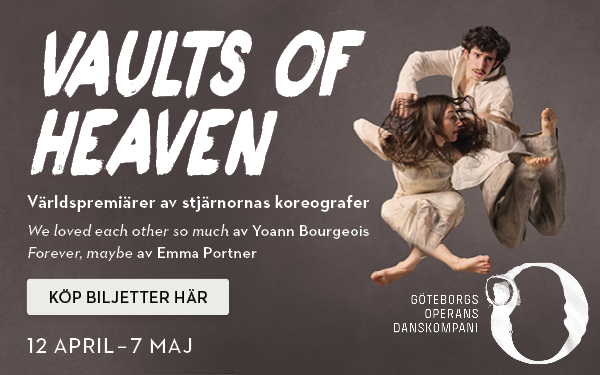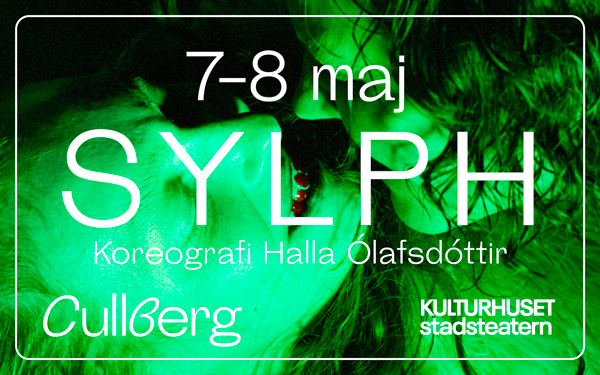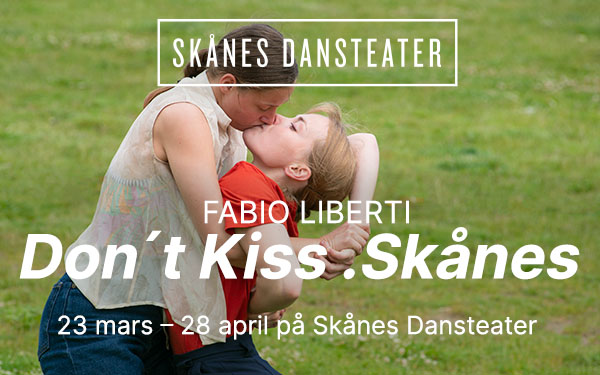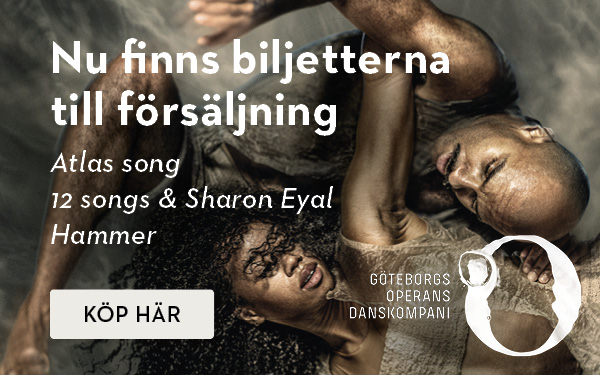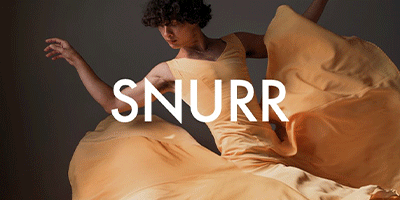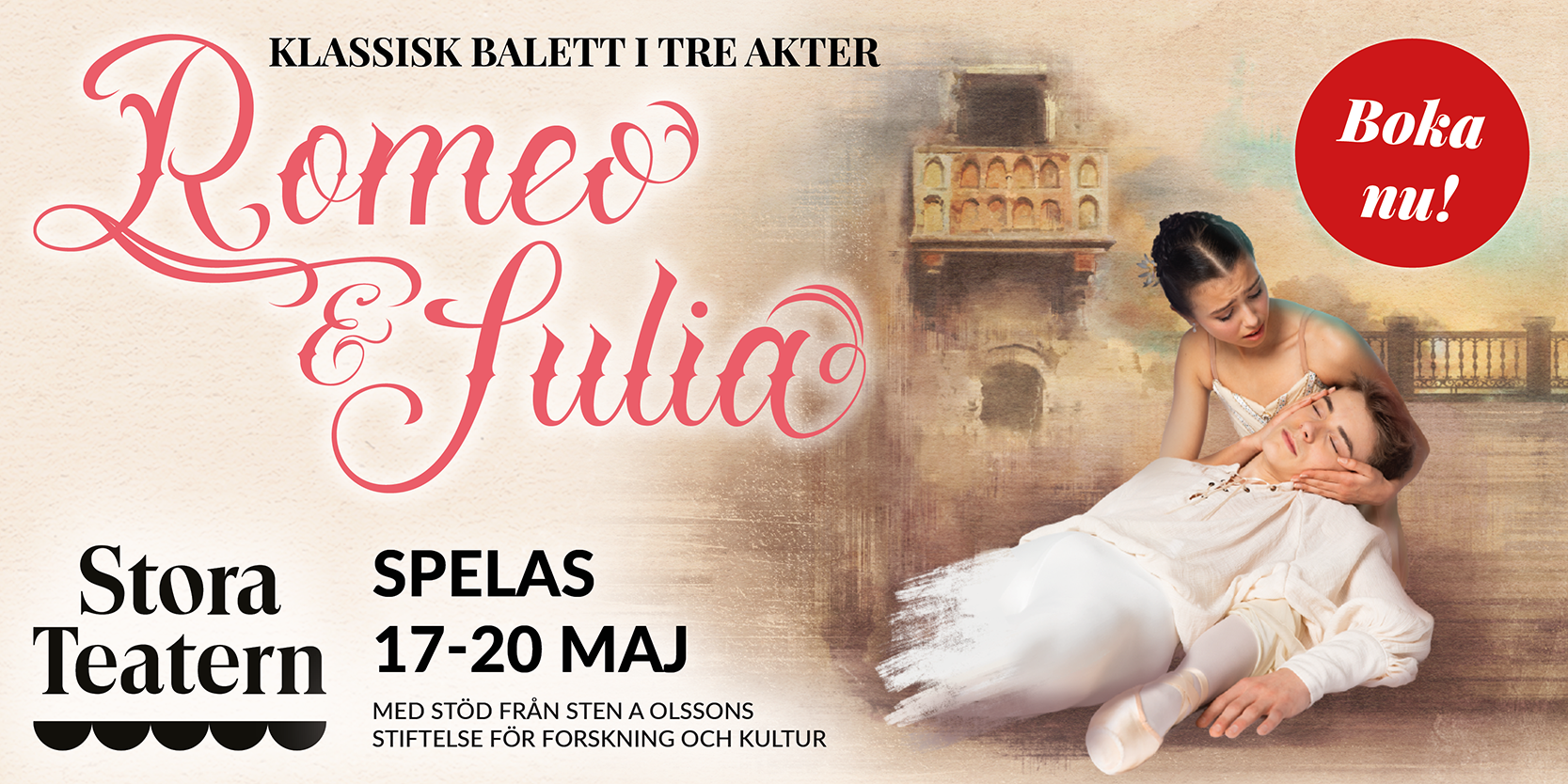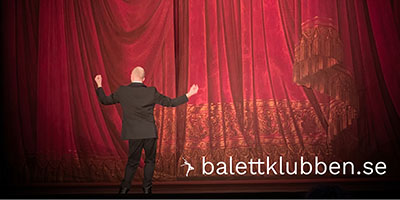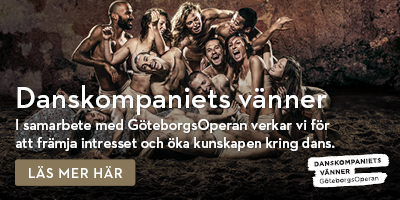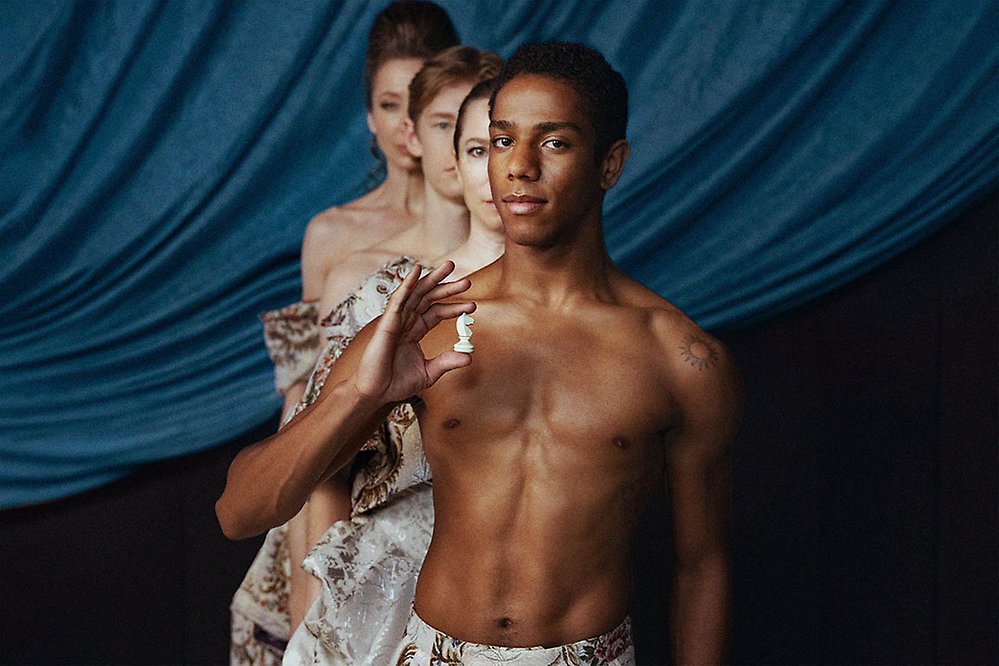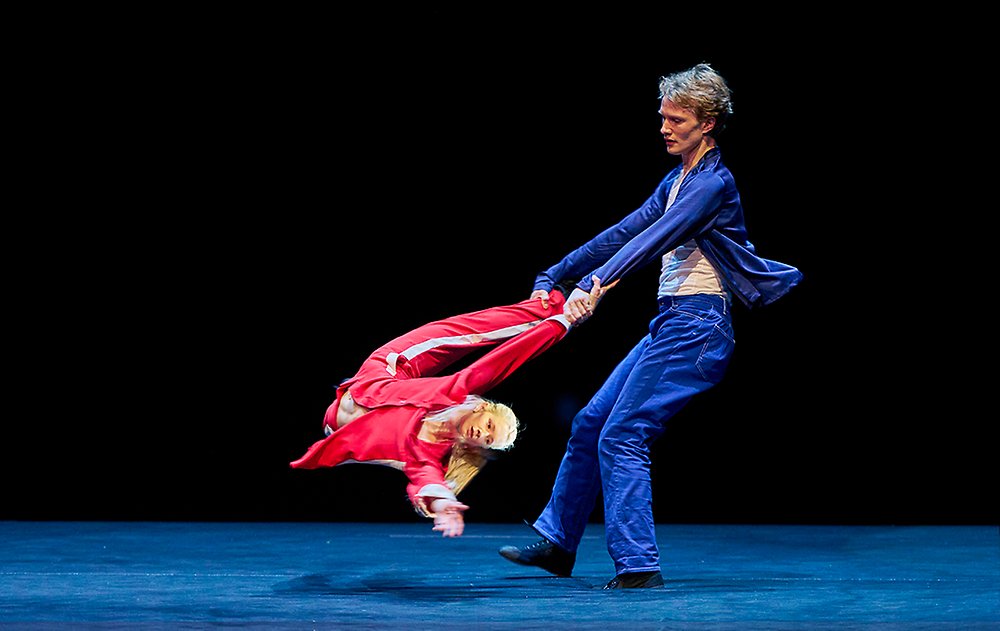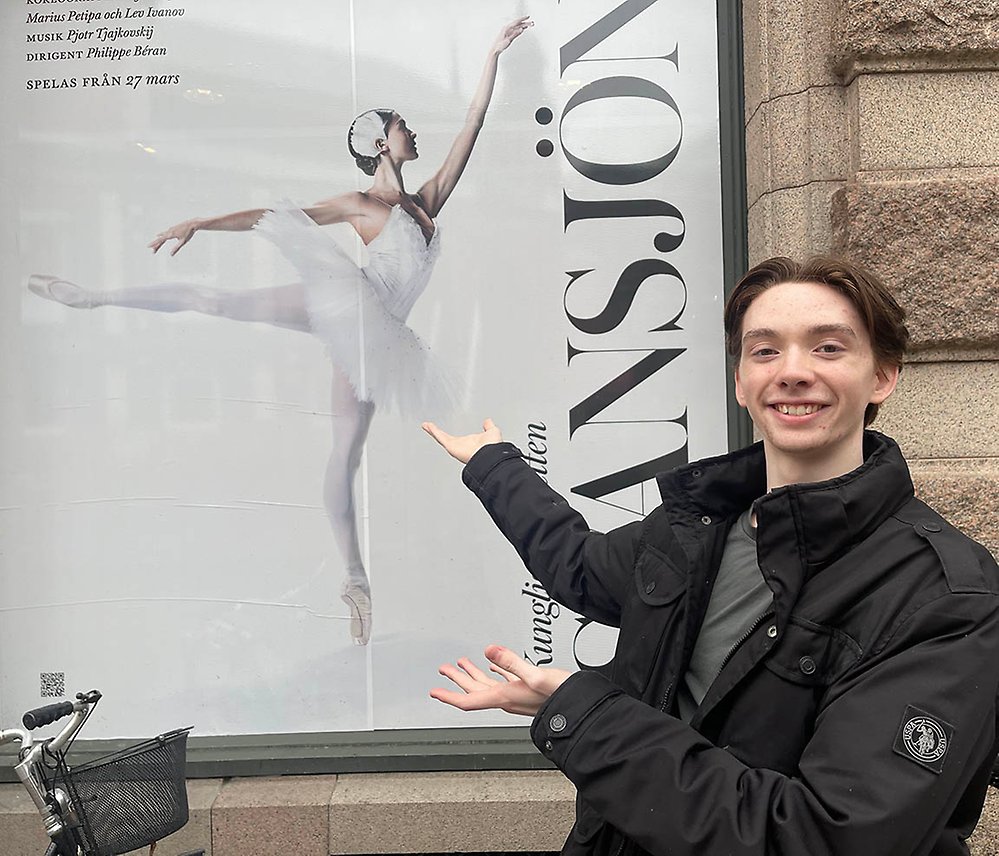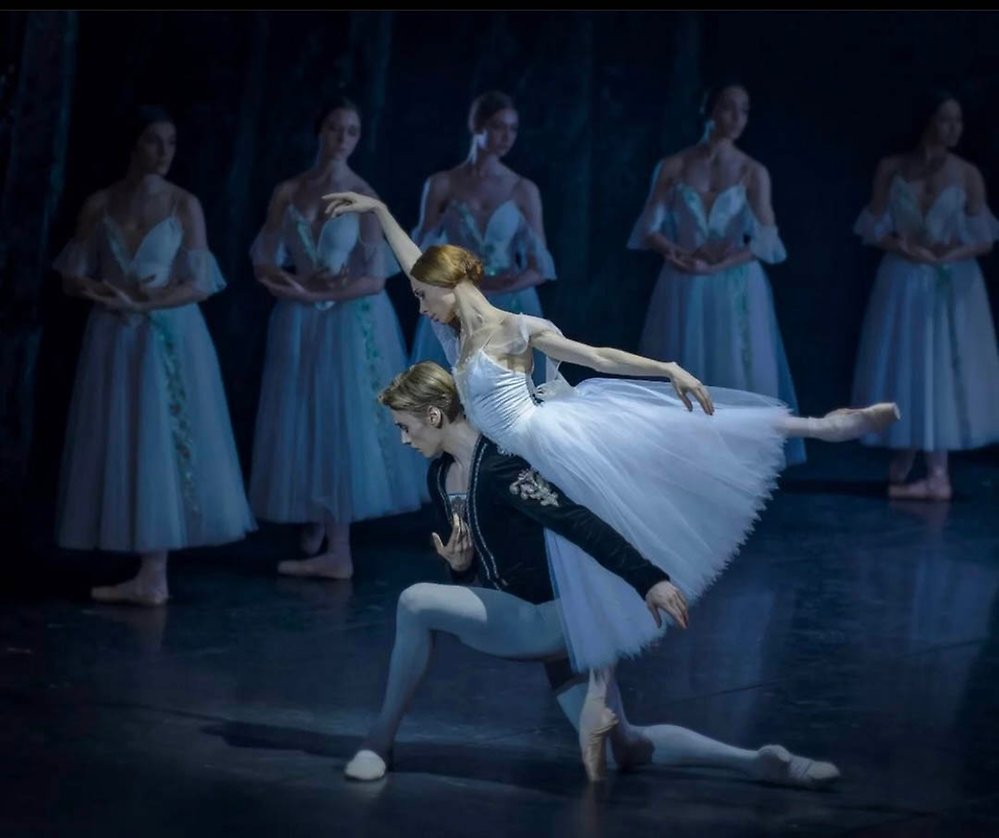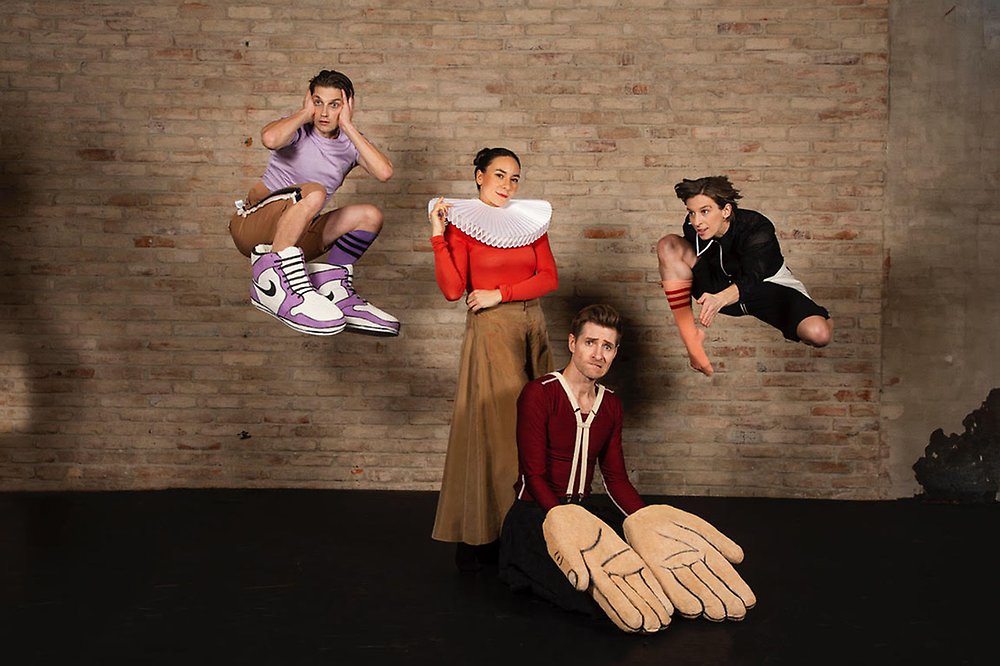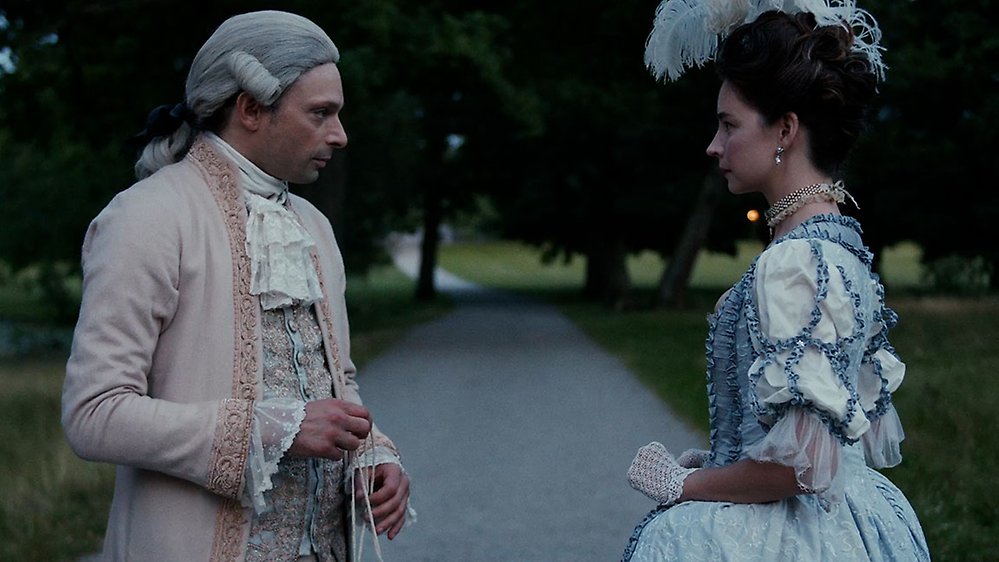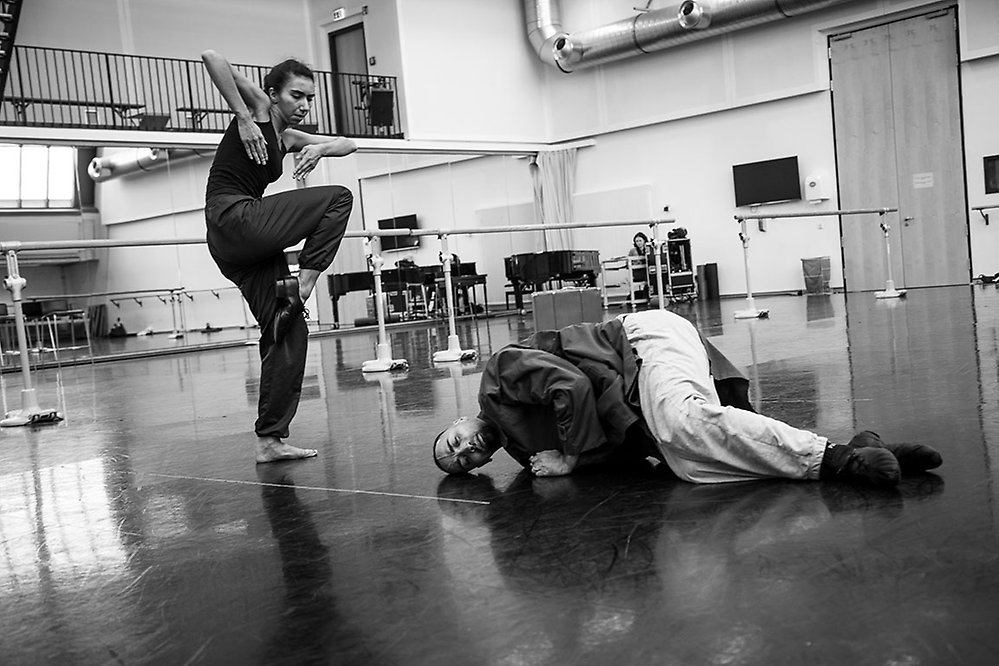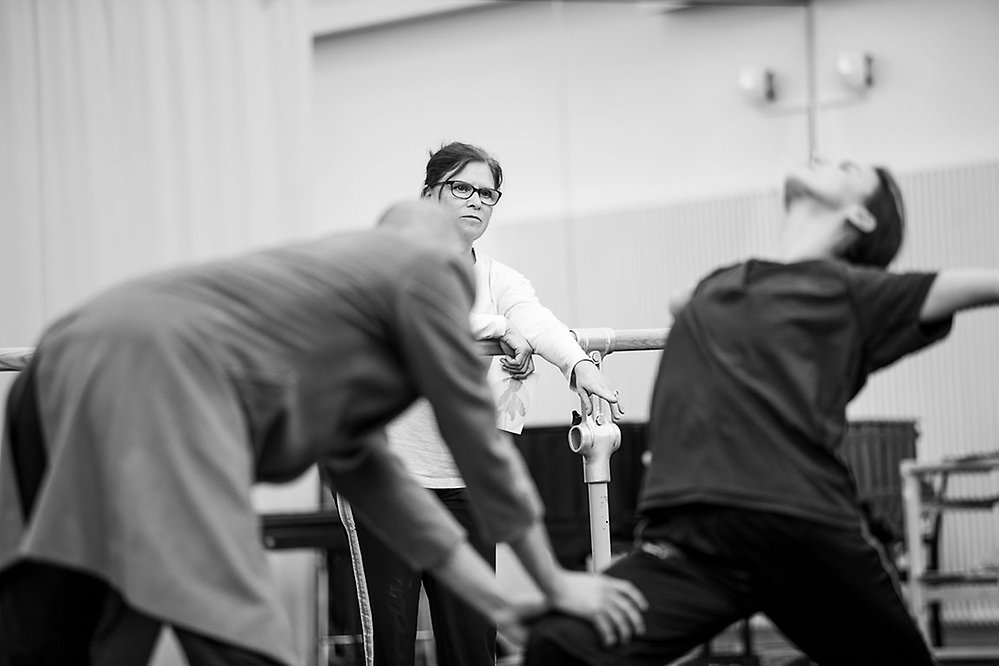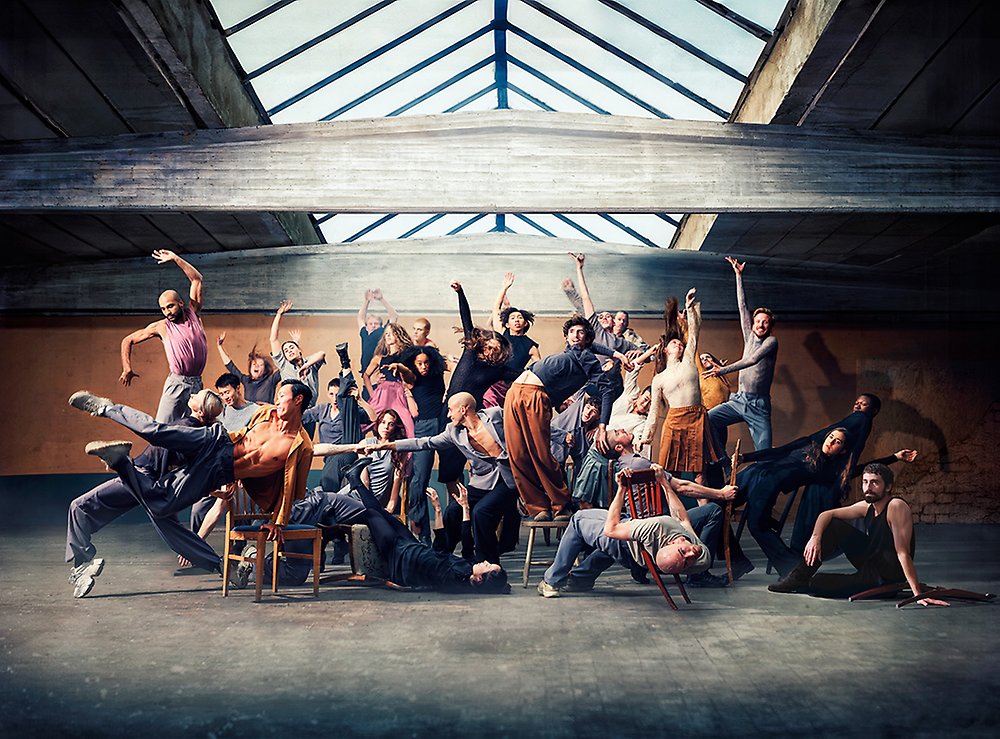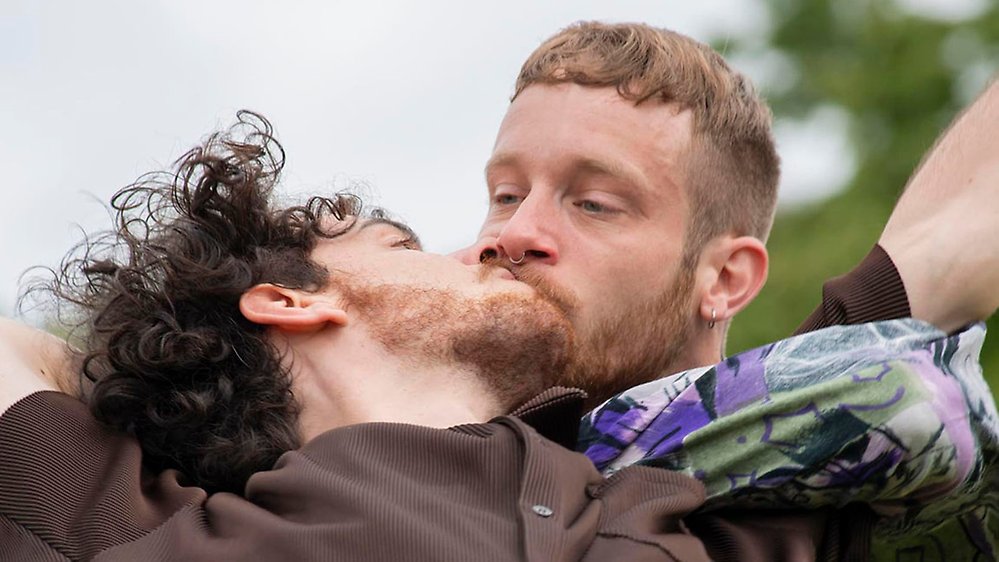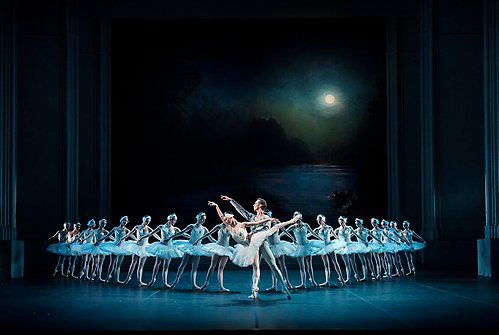Artiklar från 2008 – till idag
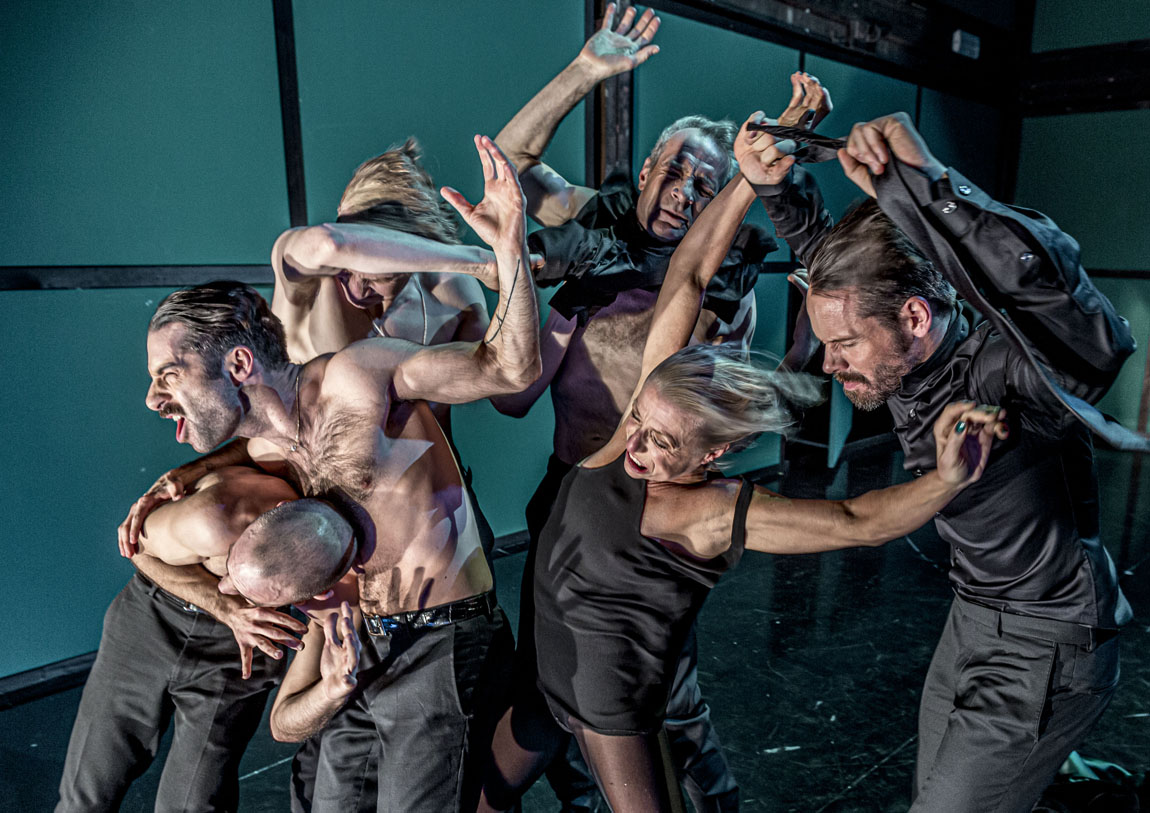
" I am inspired by different styles of dance and I put no limitations or judgments on what kind of dance sources that inspired". Photo Mats Bäcker
Alexander Ekman, highly topical choreographer
Well renowned choreographer Alexander Ekman, 36, has a voluminous luggage of successes in his baggage. When you open the case, they fly out of it. Eskapist which opened in the spring 2019 at the Stockholm Opera was a great success. The piece was broadcasted recently in Swedish television.
Now – less than a year after his great success with Eskapist Alexander has presented a new performance called Kuckel (Clucking), at the small Orion Theater in the southern part of central Stockholm. Alexander Ekman talks to Dansportalen a few days before the premiere of Kuckel.
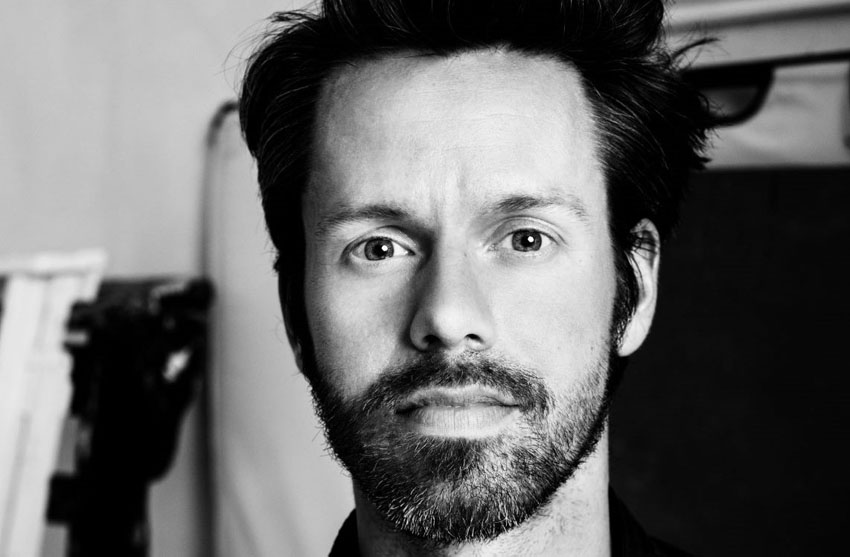
Alexander Ekman. Photo Tobias Regell
So, what is “Kuckel”?
I wanted to work at the Orion theatre to be able to make some experiments with thoughts that I have had for some time. Looking for something new in my art. It contains six dancers, soloists if you like, all very strong characters.
We work intensely with topics like how we manipulate each other – how we influence each other. How six persons with different goals, different targets, how things can develop in an unexpected direction.
When we speak, the work is in the middle of the creative process and Alexander is not ready to say where it will land.
One can recognize some attraction for “show”, in your performances. Do you agree?
The answer is another question, as very often with Alexander Ekman, he likes to question things. He asks himself how we define what “show” is, of course a relevant objection. He says:
To me show means something that makes you absorbed, to be present within the performance, drawing your attention, entertaining.
Scenic effects another thing I am curious about. Your works have used water, hay,balls and more. Is there a limit? He answers with another question:
What is an “effect”.? My pieces have contained all these elements, but I see it as parts from the nature! It is my job as an artist to work without limits! Of course, it depends on what you want to express.I do believe that it's in the theatre you have the opportunity to see the unexpected.
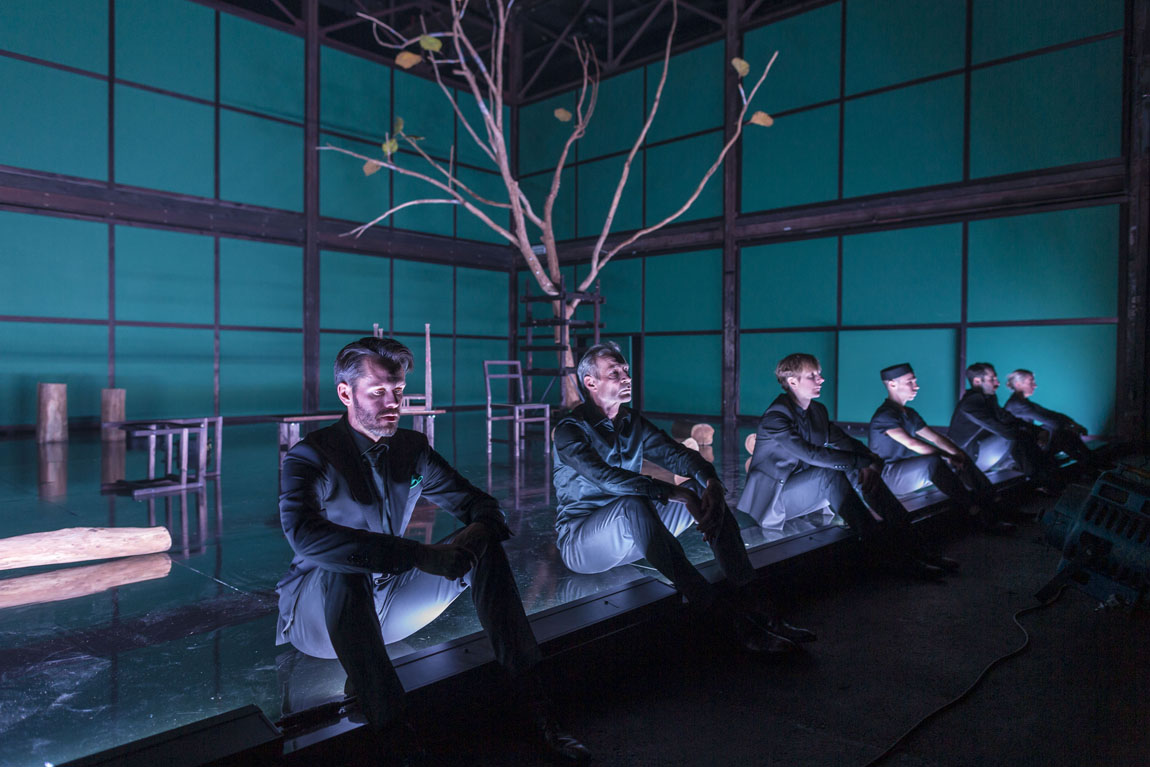
From left: Alexander Ekman, Yvan Auzely, Oscar Salomonsson, Matteo Carvone, Jesse Kvarsky and Charlotta Öfverholm. Photo Mats Bäcker
Naturally, it is your vision and your wish. But it can be a challenge for the theatres to stretch their resources with difficult technical demands? Do you have to compromise?
Yes, that's a part to be creative. I sometimes come up with ideas that are over the top. But I would not be creative if I where not able to fit in my ideas to the circumstances that I have.
Do you ever think about to sell well, or being “spectacular”? Again, I understand my question feeds another.
Alexander answers that it is really everyone’s own opinion about what is being spectacular really means. About selling well – he really does not want to answer that question.
Can you mention some role models, persons or choreographers that you really appreciate?
Yes, Pina Bausch, Mahatma Gandhi, William Forsythe, Hans Rosling and Greta Thunberg are people I admire!
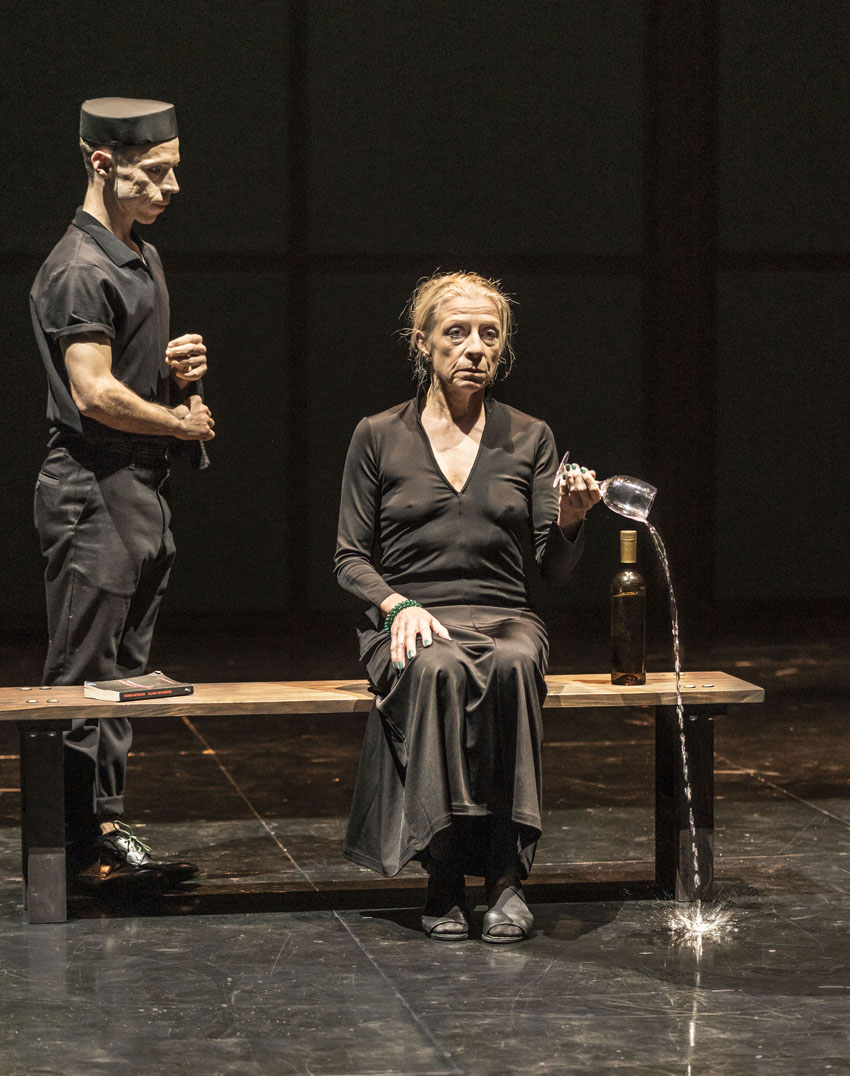
Matteo Carvone and Charlotta Öfverholm. Photo Mats Bäcker
I see a lot of funny or enjoyable ingredients in your ballets. How important is humour to you?
Very, very important. Every year, I have a new word for myself; for this year 2020 it is HUMOR! And that is also a question of definition!
Interesting is that humor is one of the most difficult things you can do. It is such a sensitive thing to work with. It can be misunderstood, misconduct, it can have the wrong target and you need to be careful with how you use it. But it's really important for sure.
In the works I have seen, I personally appreciate your mix of classical technique with your own movements. It makes a link of tradition into contemporary if you like the expression. Are you grateful for your background and training with different techniques?
I am a trained classical dancer, I understand that language and I also understand that environment. I guess I have an eye for how to bring a classical trained dancer in to a more contemporary mode. I am inspired by different styles of dance and I put no limitations or judgments on what kind of dance sources that inspire me.
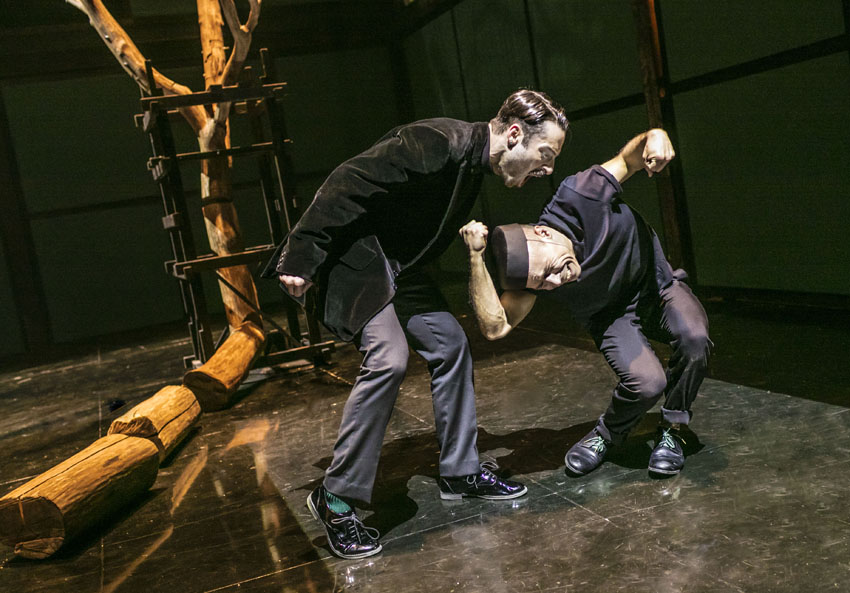
Jesse Kvarsky and Matteo Carvone. Photo Mats Bäcker
You have received many prices throughout the years, we can see The Cullberg scholarship, the Medea prize, SVD:s (a Swedish major newspaper) Opera prize, and the Ganneviks prize. What is your reaction to getting all these awards?
It is beautiful that we give prices to each other! It gives me energy to continue my development. I am so happy and grateful for the appreciation and push the prices give me, and I really see them as encouragement. You are in an exposed position as an artist, undisclosed, left to the audience’s opinion.
Which are the differences in staging a work in foreign countries (outside Sweden) ?
I feel the cultural differences are the same as the ones you can see in each country you visit. One thing is that the dance world is really international.
Which do you think is the best or most interesting of all the works you have done? Upcoming “Kuckel” is said to be the 50:th work you have done!
Alexander chooses to mention “Cacti” from 2010, and he describes that work as a good handicraft, with nice rhythms. Also: “Play” at the Paris Opera Garnier 2017, “Eskapist” at the Stockholm Opera from spring 2019.
These works have a very clear story in which I have worked with great help from Carina Nildalen who has helped me to find the concepts. Our collaboration has helped me to let my creativity flow freely, Alexander explains.
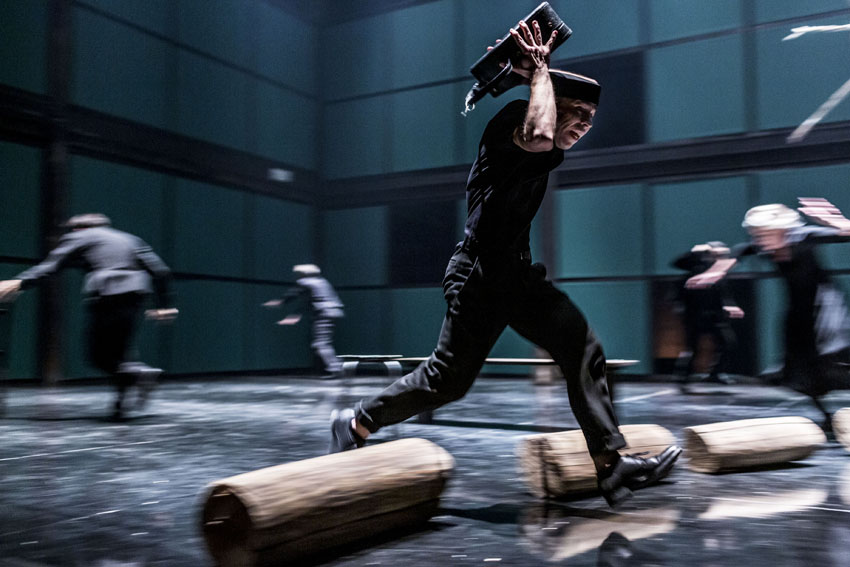
Matteo Carvone. Photo Mats Bäcker
How do you finance your works?
I have worked with so many international companies and have been asked to implement my artistic works, and I have always been paid as commissioned by them. That is the easy answer.
* * *
But there are different stories. This year Alexander Ekman recently received a scholarship from Micael Bindefelds Foundation to the memory of the holocaust. A generous attribution that will finance and help to create a new work called “Vanmakt” [Impotence].
Marie Louise Waldenström
Stockholm
-
Gustavia – berättelsen om Sveriges okände prins
Nyskriven balett om Gustav Badin och hans uppväxt vid hovet, i koreografi av Pär Isberg och regi av Amir Chamdin. Urpremiär på Kungliga Operan s stora scen den 18 oktober....
-
Yoann Bourgeois tillbaka till Göteborgsoperans Danskompani med ett sant styrkeprov
Efter fyra år är det dags igen för den franske koreografen Yoann Bourgeois att återvända till Göteborgsoperans danskompani. Denna gång för verket We loved each other so m...
-
Spot on Darrion Sellman – dancing the leading role Siegfried in Swan Lake
In August last year Darrion Sellman arrived to Stockholm and joined the company. Darrion says: “It has been a change to come to Stockholm. A vibrant city, small but calme...
-
Kalle Wigle nyutnämnd solist vid Staatsballett i Berlin
Dansportalen gratulerar svenske dansaren Kalle Wigle som nyligen utnämnts till solist vid Staatsballett i Berlin.
-
Succéduo skapar nytt efter segertåg i Sverige och Europa
Intervju Hugo Therkelson och Tobias Ulfvebrand
-
40 år senare: En dansares triumf över tidens utmaningar
Förra sommaren ringde telefonen hemma hos Heléne i Kungsbacka. I lördags den 16 mars gjorde hon comeback på scenen efter nära fyra decenniers frånvaro och dessutom debut ...
-
Fart och kunnande på Pro Dance Galan 2024
Gamla operabyggnaden vid Bulevarden är ett Dansens Hus även om ett nyare Dansens Hus numera finns i Helsingfors, det också i centrum. Båda har sin publik, och båda behövs...
-
Svenske dansaren Kalle Wigle har stora framgångar i Berlin
Kalle Wigle är utbildad vid Kungliga Svenska Balettskolan och vid Royal Ballet School i London. Han fick anställning vid Operan i Stockholm 2016. Från hösten 2023 är han ...
-
Timulak/Portner två olika verk men med flera beröringspunkter
Från och med 9 februari och nästan en månad framåt dansar Kungliga Operan i Stockholm Totality in parts av Lukás Timulak och Bathtub Ballet av Emma Portner . De båda koreo...
-
På jakt efter det fullkomliga: nationens skickligaste dansare och – smultron!
Balettpedagogernas förbund ordnar vartannat år i Finland en nationell balettävling, i år 20-21 januari. Ett råd av balettkonstnärer med bakgrund som meriterade dansare ha...
-
Young Choreographers en föreställning där dansare från Kungliga Operan koreograferar
Tisdagskväll på Kungliga Operan i Stockholm och det är premiär för Young Choreographers. Dansare från ensemblen får chansen att pröva egna idéer och koreografera sina kol...
-
Operans VD Fredrik Lindgren: På sikt vore det fantastiskt att få ett nytt Operahus i Stockholm
Kungliga Operan är en 250-årig kulturinstitution i hjärtat av Stockholm. Över 500 anställda levererar hyllade föreställningar med utsålda hus. Dansportalen har samtalat m...
-
Från Svenska balettskolan i Göteborg till ungerska Statsoperan i Budapest
Det började med 6 år på Svenska balettskolan i Göteborg med start i årskurs fyra för Mattheus Bäckström och Auguste Marmus . Mattheus gick ut 2017 och hade då blivit antag...
-
Joseph Sturdys verk Lucid Episode inleder nyårsgalan på Kungliga Operan
Vi befinner oss på Kungliga Operan. Det pågår repetition med två dansare som är med i Joseph Sturdy s verk Lucid Episode som inleder själva nyårsgalan den 31 december.
-
Göteborgsoperan sjunger in julen med En Julsaga
Göteborgsoperan avslutar december månad med nypremiär på musikalversionen av Dickens En julsaga . Föreställningen är breddad med humor och medmänsklighet. Adams julsång bl...
-
Nötknäpparen, nypremiär på Kungliga Operan i Stockholm efter fyra års uppehåll
Det är nypremiär av Pär Isbergs Nötknäpparen på Kungliga Operan i Stockholm. I salongen sprids julstämningen och publiken får vara med om en dansant och virvlande berätte...
-
Giovanni Bucchieri – en konstnärlig kameleont
Det är premiär för filmen 100 ÅRSTIDER . Upphovsmannen har gått från dansare till multikonstnär. Möt regissören Giovanni Bucchieri i en personlig intervju med Dansportalen...
-
”Mycket talar för att vi inte kommer att kunna vara kvar där vi är nu,” säger Hans Lindholm Öjmyr, ny chef för Dansmuseet
Hans Lindholm Öjmyr är filosofie doktor i konstvetenskap och har skrivit en avhandling om scenografi på 1800-talet vid Kungliga Teatern/Operan. Hans har tidigare varit av...
-
In a heartbeat, ny världspremiär på Göteborgsoperan
In a heartbeat bekrivs som ett pulserande dansbubbel och på Göteborgsoperan är det nu världspremiär allhelgonaafton på stora scenen för Hofesh Shechter s verk Wild poetry ...
-
Le Corsaire, svensk premiär på Kungliga Operan med virtuos dans och teknisk skicklighet
När Kungliga Operan för första gången ger Le Corsaire bjuds det på en dansfest. Verket som hade sin urpremiär på Parisoperan 1856 kommer till liv och publiken får möjligh...
-
New talents join the Royal Swedish Ballet
Eleven young dancers join the Royal Swedish Ballet company this season. We are thrilled to see them on stage! On October 27, this season's grand premiere of Le Corsaire w...
-
Där låg onekligen ett skimmer över Gustavs dagar
I Livrustkammarens visas den största satsningen på flera år på en tillfällig utställning i samarbete med Kungliga Operan – öppnas 20 oktober, Teaterkungen: Prakten, makte...
-
Attityder som uppskattades
I Drottningholmsteaterns déjeunersalong gavs i september in innehållsrik, högklassig presentation av ett forskningsprojekt som genomförs på Kungliga Musikhögskolan och fi...
-
Spot-on Kentaro Mitsumori, dancer with the Royal Swedish Ballet
Kentaro Mitsumori has been a member of the Royal Swedish Ballet since 2017. We have seen him in many roles, in Swan Lake, Cinderella, Don Quijote, The theme and variation...
-
Kalle Wigle-Andersson får stipendium från Jubelfonden
Kalle Wigle-Andersson: Jag är utbildad och diplomerad vid Royal Ballet Upper School, London 2016. Innan dess gick jag på Kungliga Svenska Balettskolan 2006-2014. Sedan mi...
-
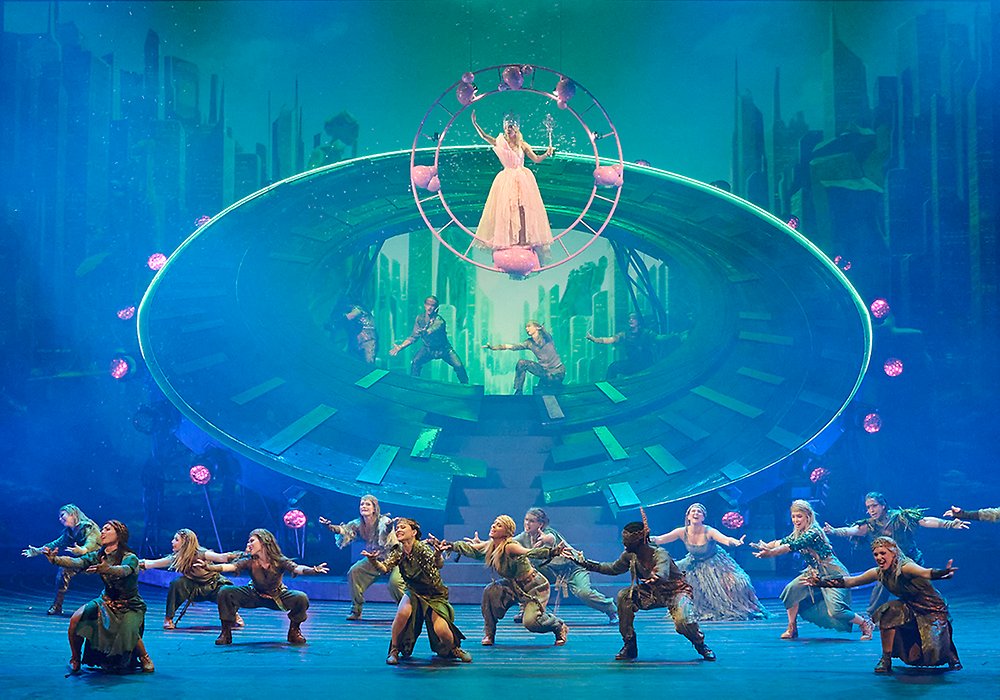
Wicked, musikalen om häxorna i Oz
Göteborgsoperan inleder sin höstsäsong med den mytomspunna succémusikalen Wicked. Exakt tjugo år efter Broadwaypremiären 2003, sätts den nu upp för första gången i Sverige.
-
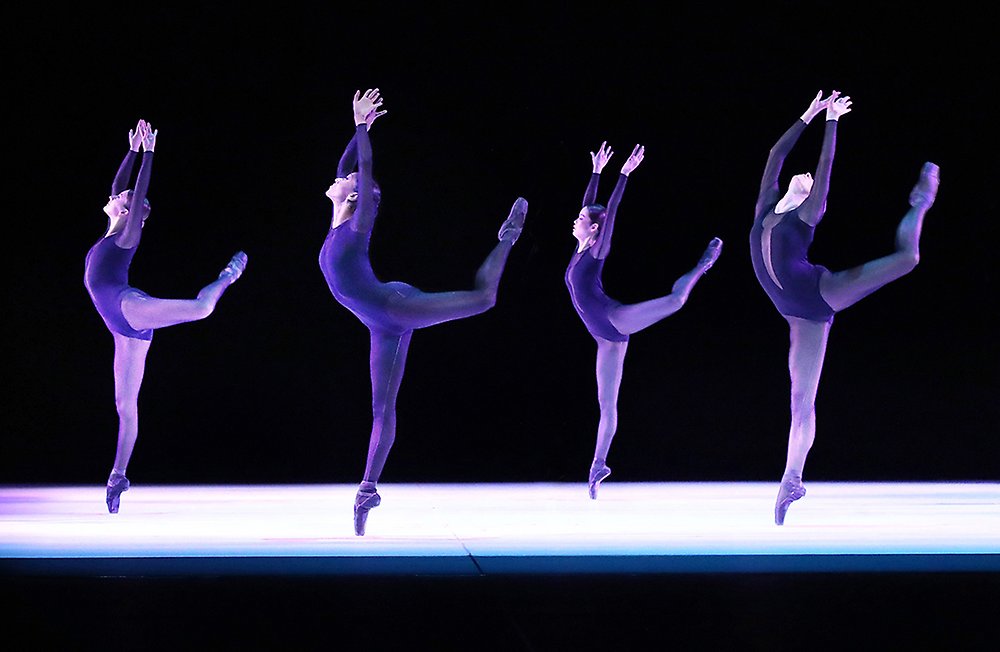
Balettgalan i Villmanstrand är sensommarens succéevenemang
Balettgalan i Villmanstrand vid Finlands östra gräns gavs i år för 12:e gången och var igen en succé med både nationella och internationella dansare. Galans grundare och eldsjäl Juhani Teräsvuori hade...
-

Möte med Fredrik Benke Rydman om ”The One”
Det är mannen från dansgruppen Bounce, koreograf till egna versioner av Svansjön och Snövit bland mycket annat. Jag träffar Fredrik Benke Rydman på en liten thaikrog mellan repetitionspassen.
-
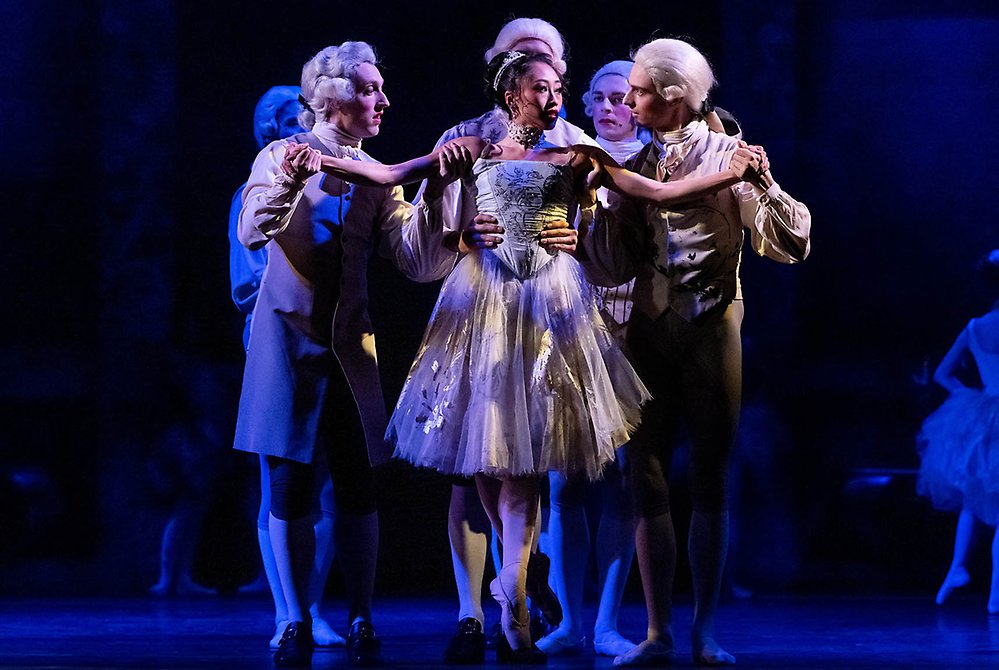
“A new look at it” – Lady MacMillan about Manon with the Royal Swedish Ballet
As part of the 250-year jubilee program of the Royal Swedish Opera and as a tribute to the long-lasting cooperation between the Royal Swedish Ballet and world-renowned English choreographer Sir Kennet...
-
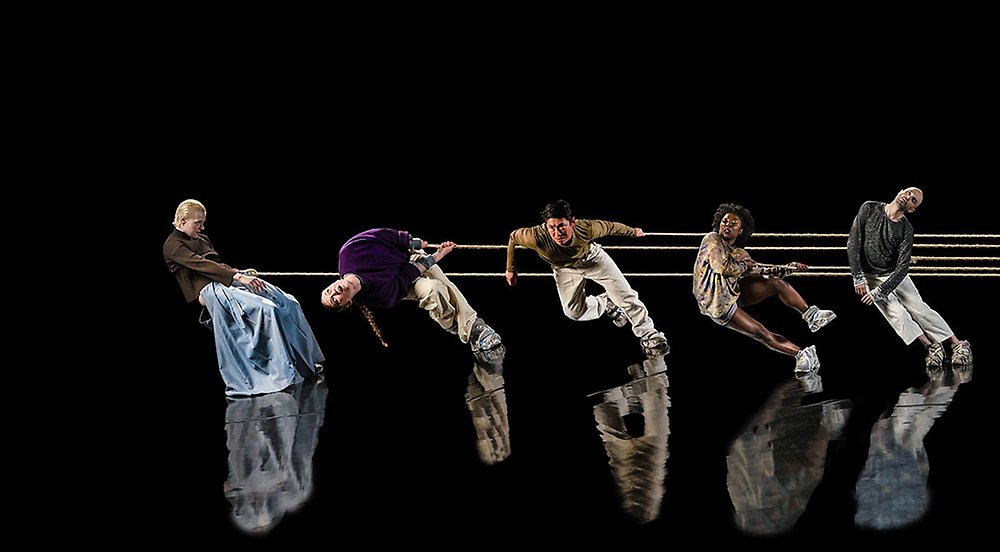
Urpremiär av episkt dansverk på Norrlandsoperan
Den 1 september bjuder Norrlandsoperan på säsongsuppstart för dans med urpremiär av den episka föreställningen Remachine signerad koreografen Jefta van Dinther . Ljus, ljud, röst, koreografi och scenog...
-
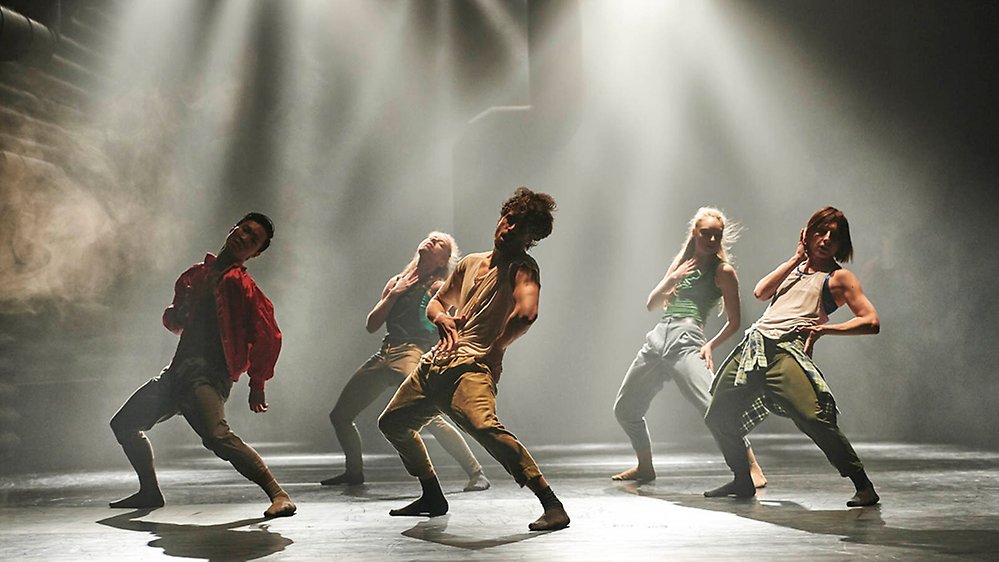
Contemporary dance av Hofesh Shechter på GöteborgsOperan
Danskväll med intensiv klubbfeeling, smittande glädje och en upplevelse som börjar redan utanför operahuset.
-
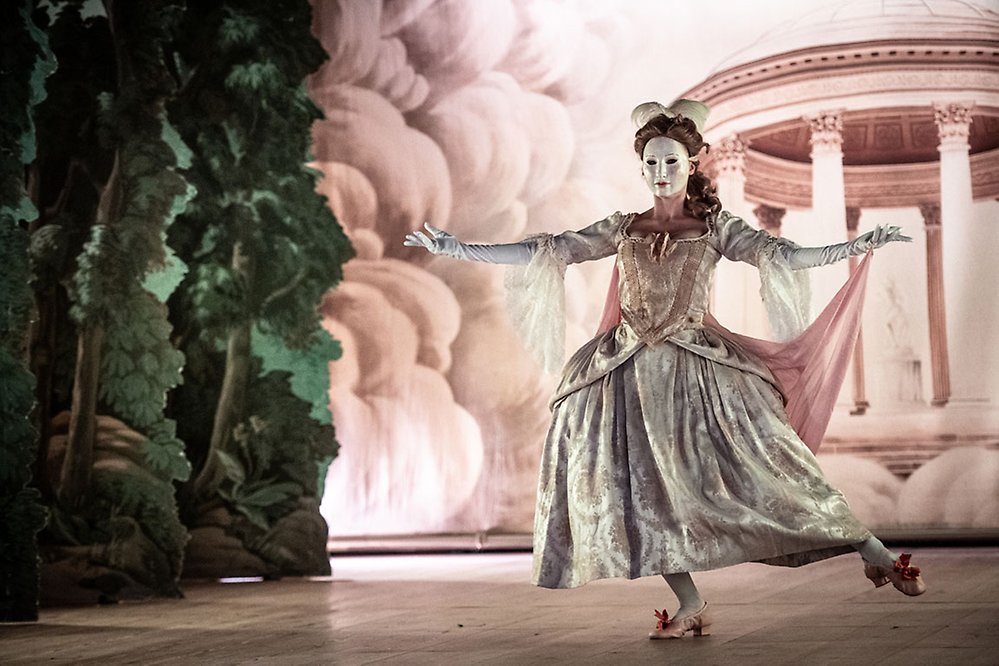
Julia Bengtsson – internationell barockdansös från Sverige
Höjdpunkten under årets förnämliga Opera- och musikfestival på Confidencen var iscensättningen av Jean-Philippe Rameaus opera Dardanus . I en annan föreställning, A Baroque Catwalk , gjorde Julia Bengts...
-
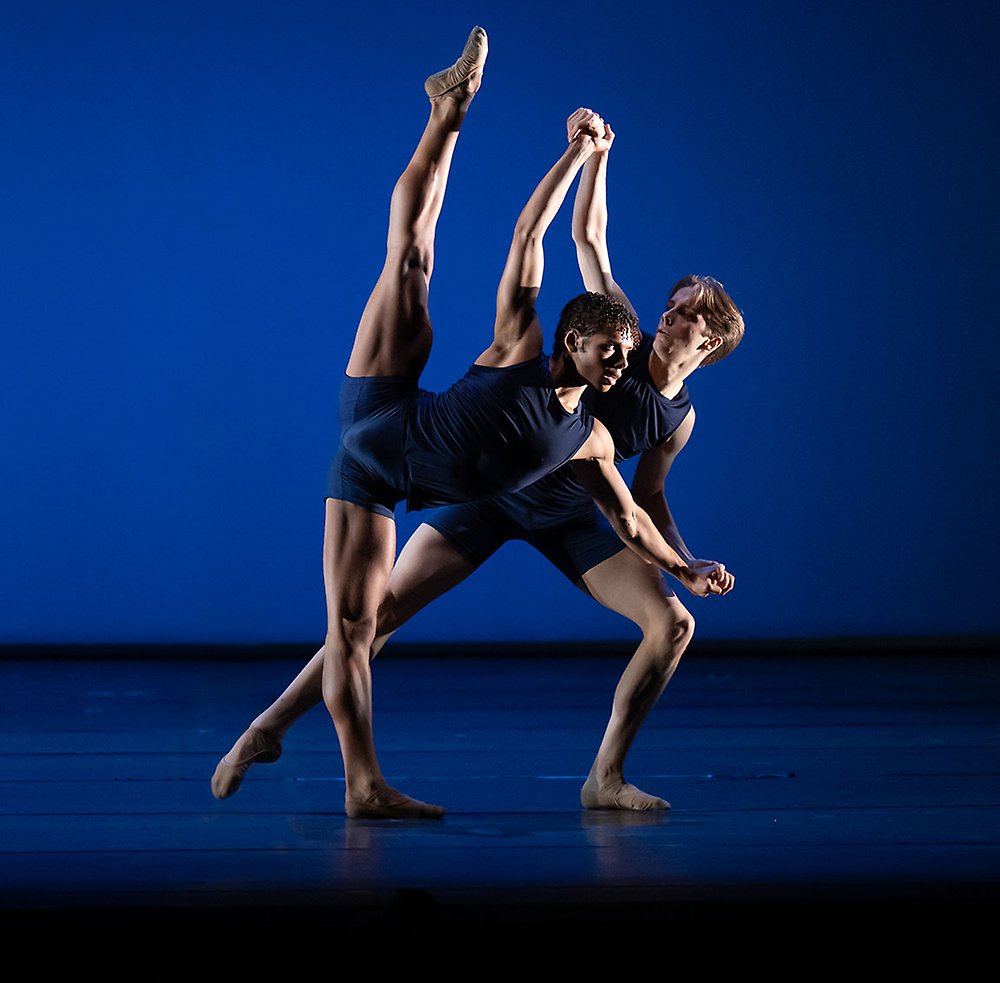
The Royal Ballet School Delights
Written on the faces of the dancers as they spin and leap in the ecstatic final moments of the Grand Défilé , is the smile that says, ‘I did it’. It’s what I look forward to year after year and it neve...
-
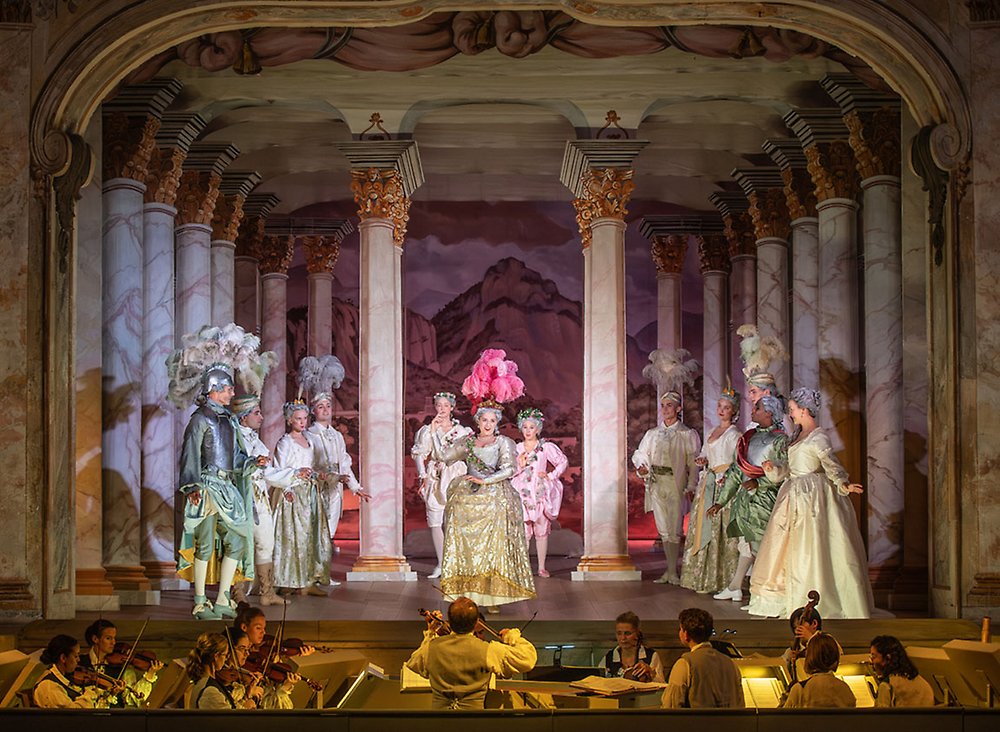
Ett barockt spectacle på Confidencen
Confidencen Opera & Music Festival inleds den 27 juli med Jean-Philippe Rameaus mästerverk Dardanus, som genom ett gediget arbete får sin nordiska premiär på Sveriges äldsta rokokoteater – 284 år efte...
-
Möt Vivian Assal Koohnavard dansare vid Staatsballett Berlin och aktivist
I Berlin träffade jag och arbetade med Vivian Assal Koohnavard. Vivian fick sin dansarutbildning i Sverige och Tyskland. Hon har varit anställd vid Berlin Staatsballett sedan 2018. Där deltar hon i de...
-
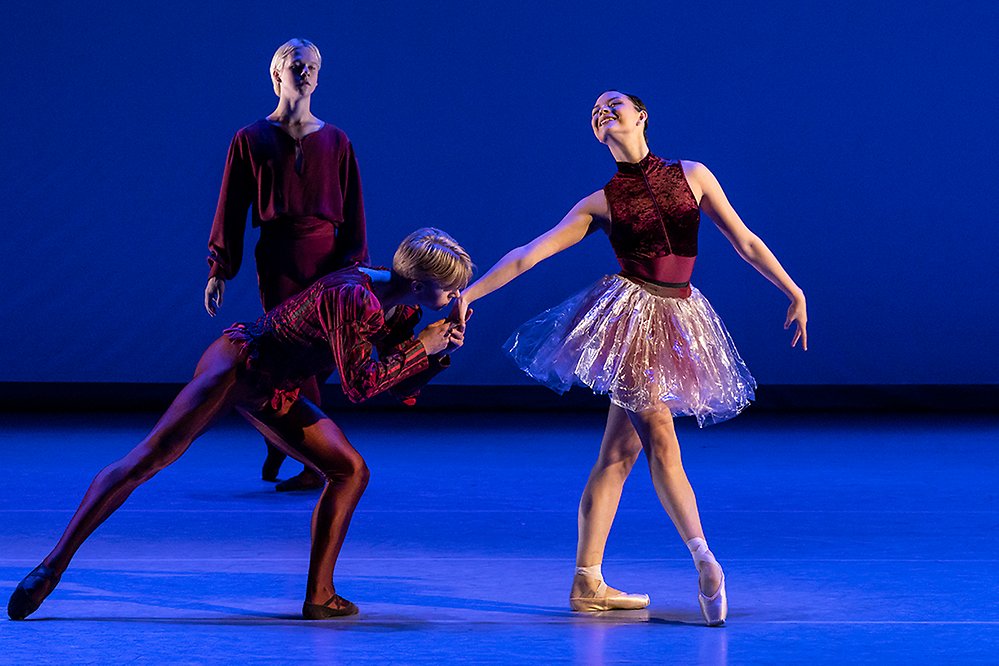
Peter Bohlin om Kungliga Svenska Balettskolans uppvisningsföreställningar
Skolårets sista föreställningar på KSB var uppdelade i fyra program. Några koreografier var storartade, andra inte. Här, mot slutet, ett försök att resonera om anledningar till detta.
-
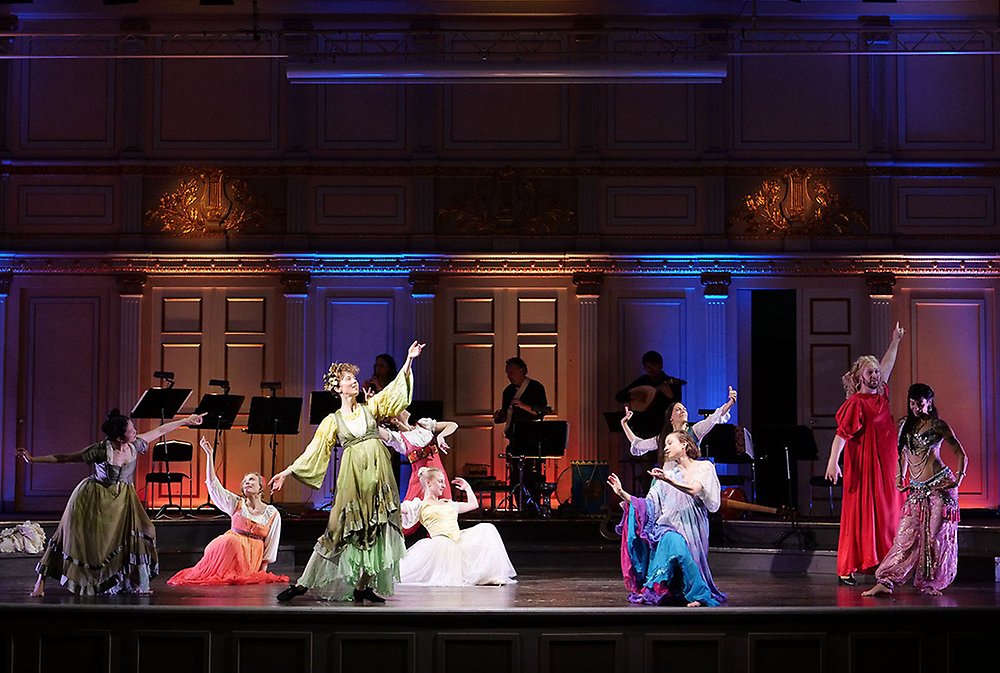
Dans i Stockholm Early Music Festival
I 2023 års version av Stockholm Early Music Festival , den tjugoandra i ordningen, ingick två dansföreställningar. I fablernas värld , en kort musikalisk och dansant barockföreställning med Folke Danste...
-
.jpg)
Suite en Blanc av Estoniabaletten med fina danssolister
Jag hade möjligheten att två gånger se en ny balettafton med två verk. Black/White innehöll “Open Door ” av polskan Katarzyna Kozielska och Serge Lifars kända och genuina Suite en Blanc . Den sistnämnda...
-
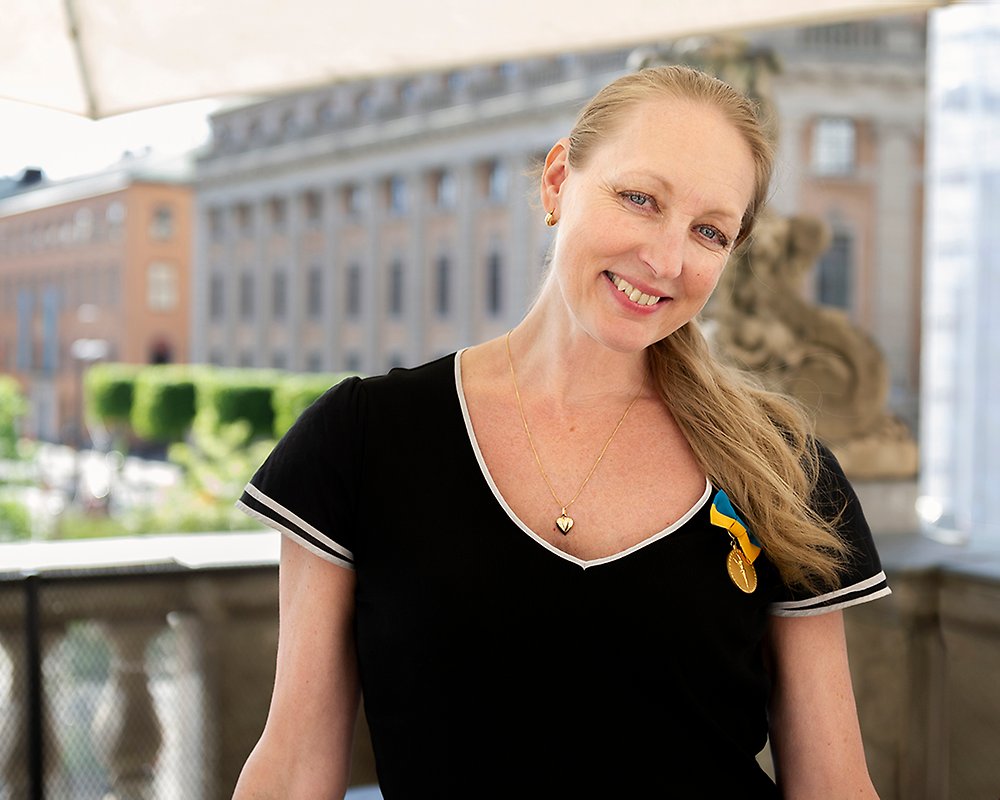
Marie Larsson Sturdy Carina Ari Medaljör 2023
På Carina Ari-dagen 30 maj tilldelades Marie Larsson Sturdy Carina Ari-medaljen för hennes mångåriga och engagerade insatser inom Dans i Nord – en vital verksamhet som under mer än 20 år har främjat m...
-
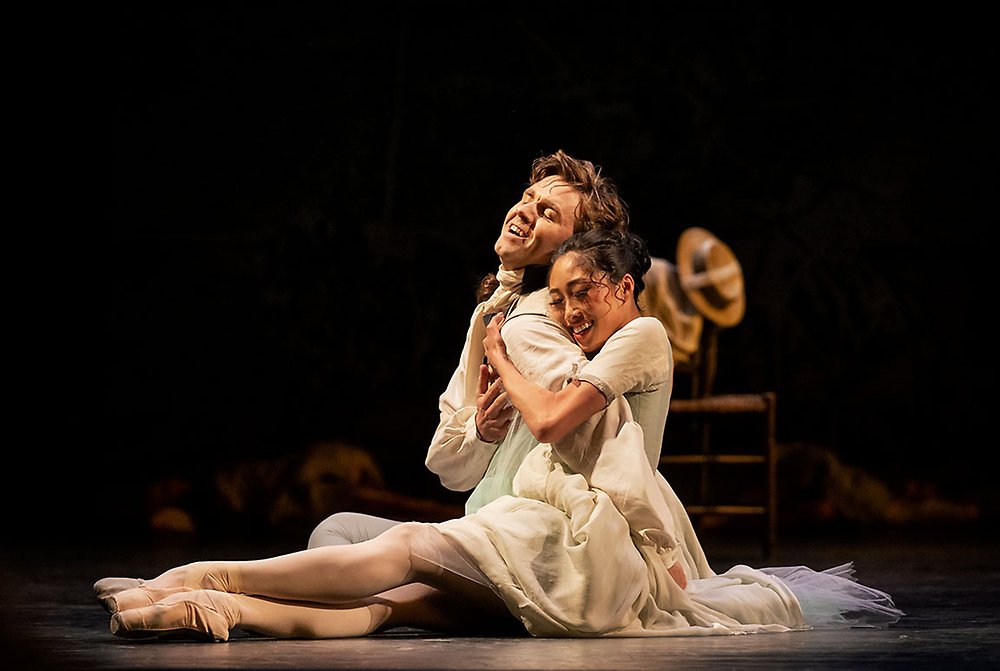
Manon: An evening to treasure
Kenneth MacMillan’s Manon created in 1974, continues to weave its magic providing a slew of dramatic roles against a volatile and violent backdrop. The Royal Swedish Ballet first presented the ballet ...
-
Instudering av Mats Eks ”En slags” med Staatsballett Berlin
I april 2022 reser Koreografen Mats Ek och jag till Berlin för att hålla audition med dansarna vid Staatsballett Berlin på Deutsche Oper. Vi ska välja dansare till verket ”En slags” av Mats Ek. Premiä...
-
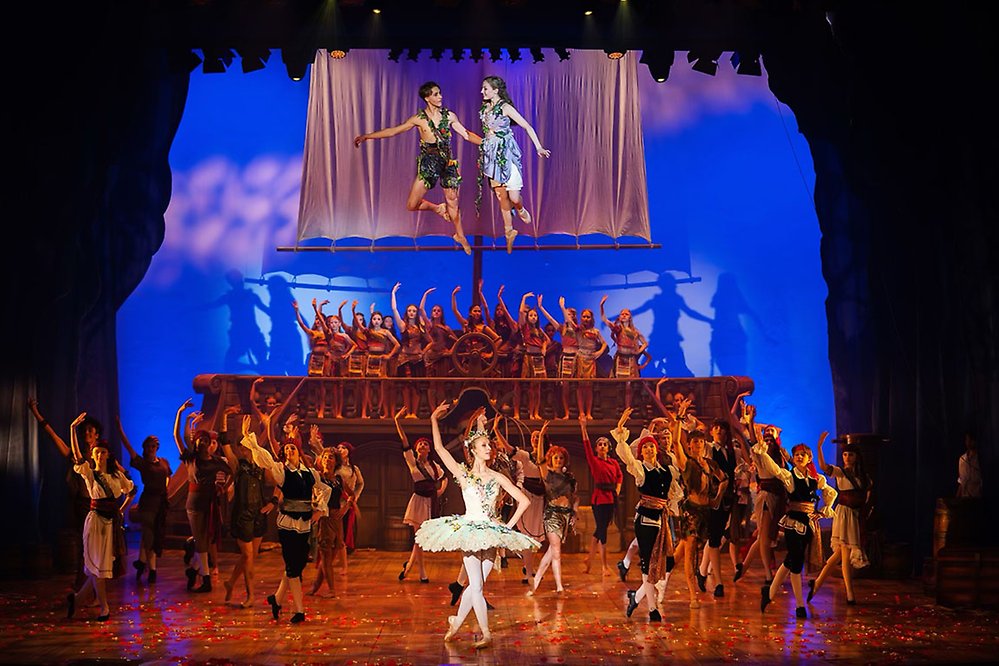
Marianne Mörck berättar sagan om Peter Pan med Svenska Balettskolan
Till vårens uppsättning av Peter Pan och Wendy på Lorensbergsteatern är en av gästartisterna ingen mindre än Marianne Mörck . Efter första repetitionen tillsammans med baletteleverna på svenska baletts...
-
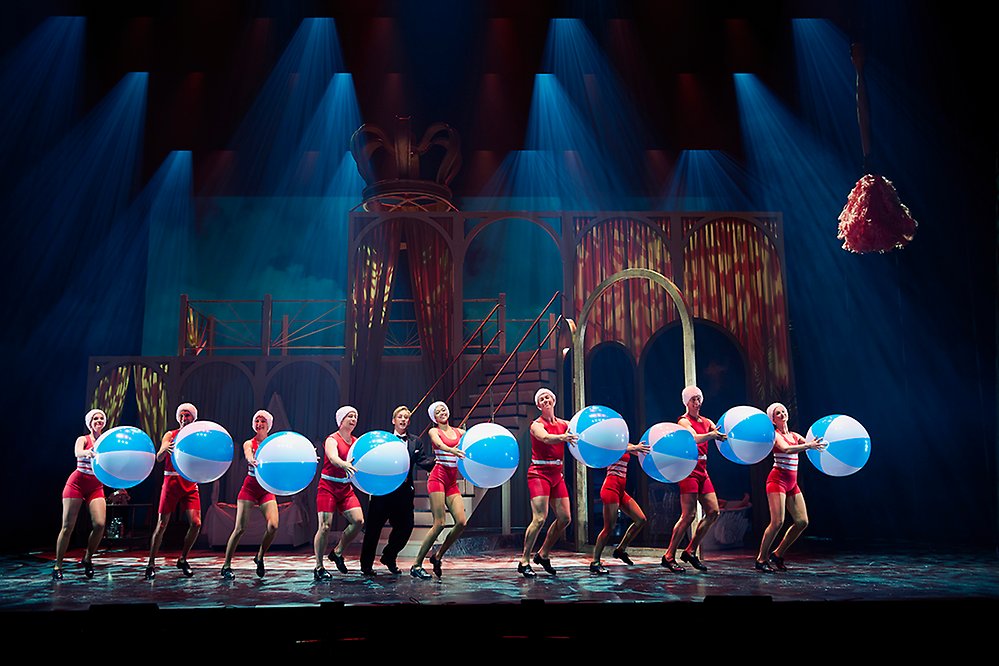
Det var en gång på Grand Hôtel, musikalen som återupptäckts
Göteborgsoperan avslutar sin vårsäsong med premiär den 22 april på Paul Abrahams musikal Det var en gång på Grand Hôtel. Musikalen som legat gömd fram till 2017. En föreställning fylld av dans och mus...
-
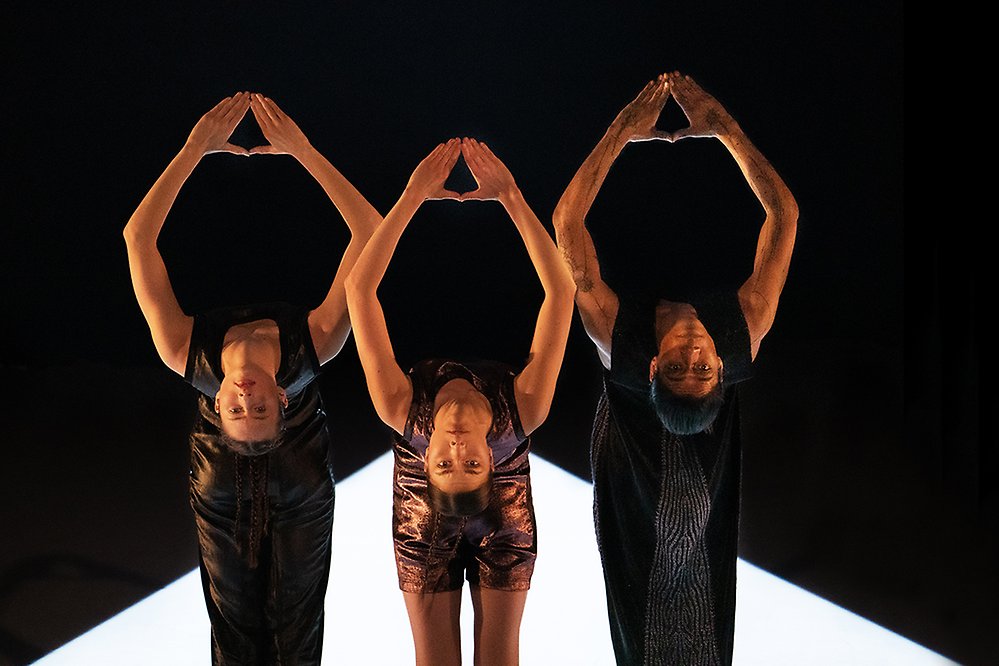
Virpi Pahkinen: "Precision möter osäkerhet, matematik möter mystik"
Change – den nya dansföreställningen av och med Virpi Pahkinen – är uppbyggd enligt principen 5 + 5 + 5, dvs koreografi/ljus/musik. Strax före fredagskvällens premiär på Kulturhuset Stadsteatern fick ...
-
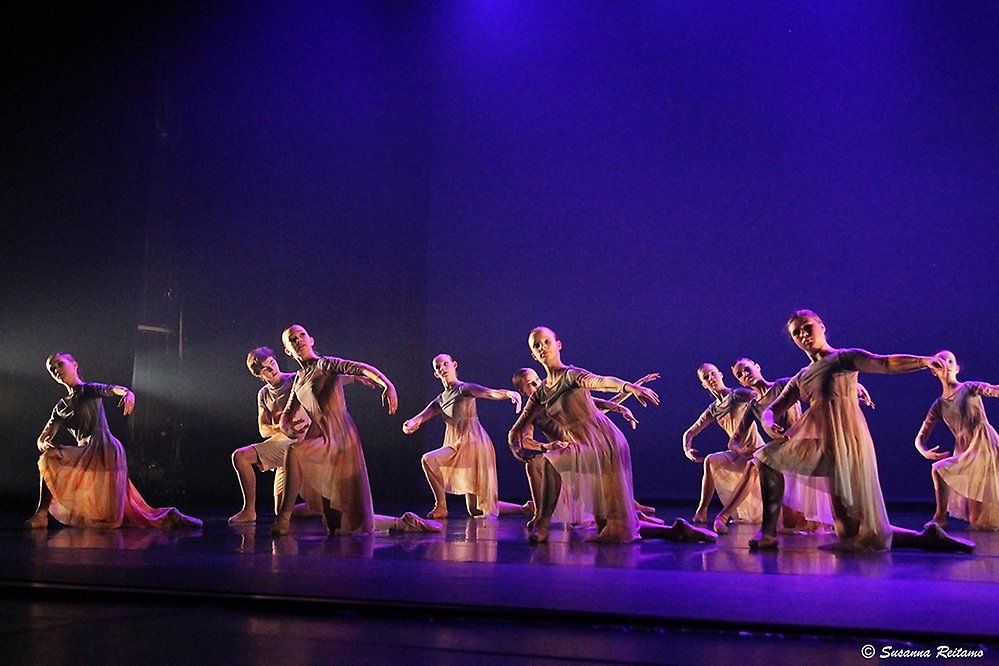
För dansens skull dansas Pro Dance galan
Den anrika Aleksandersteatern fylldes åter av dansfolket som ville stödja dansen och dess utövare via föreningen Pro Dance med att köpa biljetter till den årliga galaföreställningen. Artisterna uppträ...
-
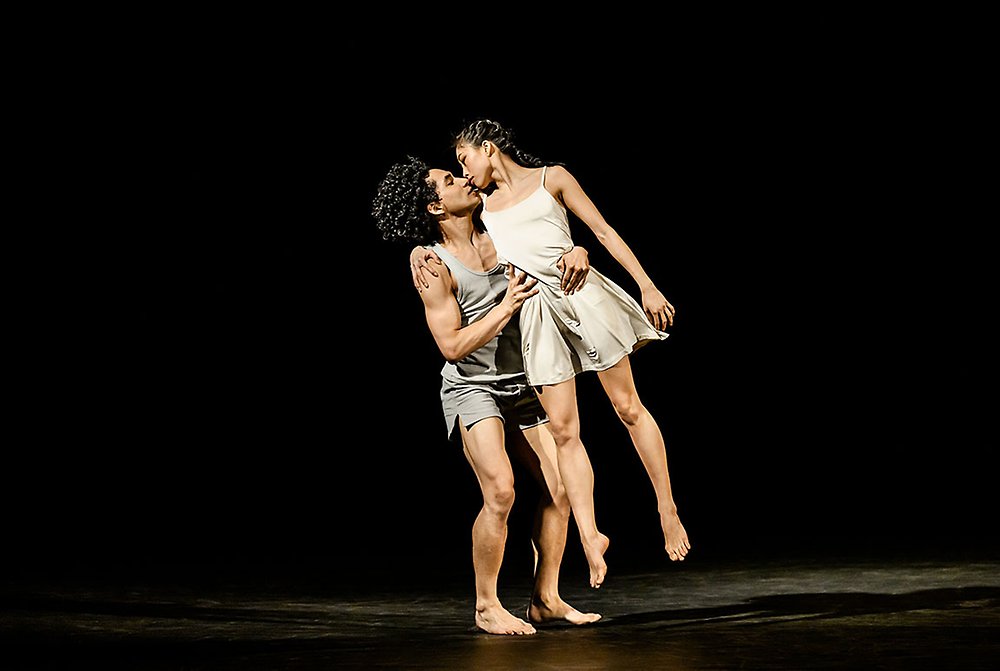
Anthony Lomuljo – om hur det är att igen dansa Romeo – 10 år senare
10 år har gått sedan urpremiären av Mats Eks Julia & Romeo på Kungliga Operan i Stockholm. Då liksom nu dansar Anthony Lomuljo rollen som Romeo. När Dansportalen några dagar innan premiären träffar An...
-
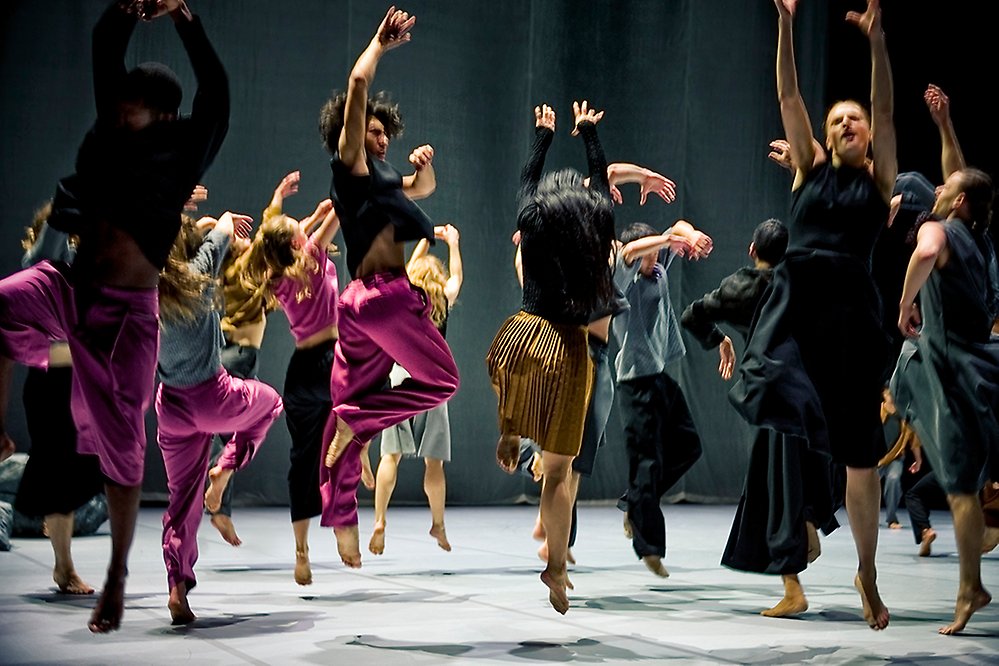
Hur bygger vi upp oss själva igen när allt är förstört–Johan Inger om Dust and Disquiet på Göteborgsoperan
Danskvällen Touched visar två världspremiärer på Göteborgsoperan, Dust and Disquiet av Johan Inger och To Kingdom Come av det nederländska syskonparet Imre och Marne Van Opstal . Naturkatastrofer runt ...
-
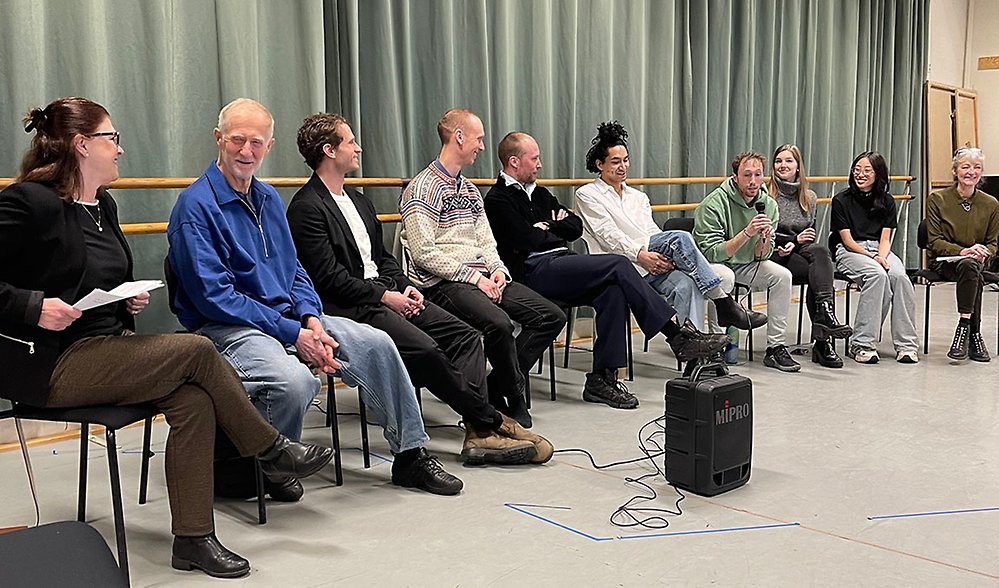
Mats Ek om Mats Eks Julia & Romeo
Operans Balettklubb gästades lördag 25 mars av koreografen Mats Ek och dansare inför nypremiären av ”Julia & Romeo” på Kungliga Operan. Verket uppfördes på teatern för första gången 2013. Det har ocks...
-
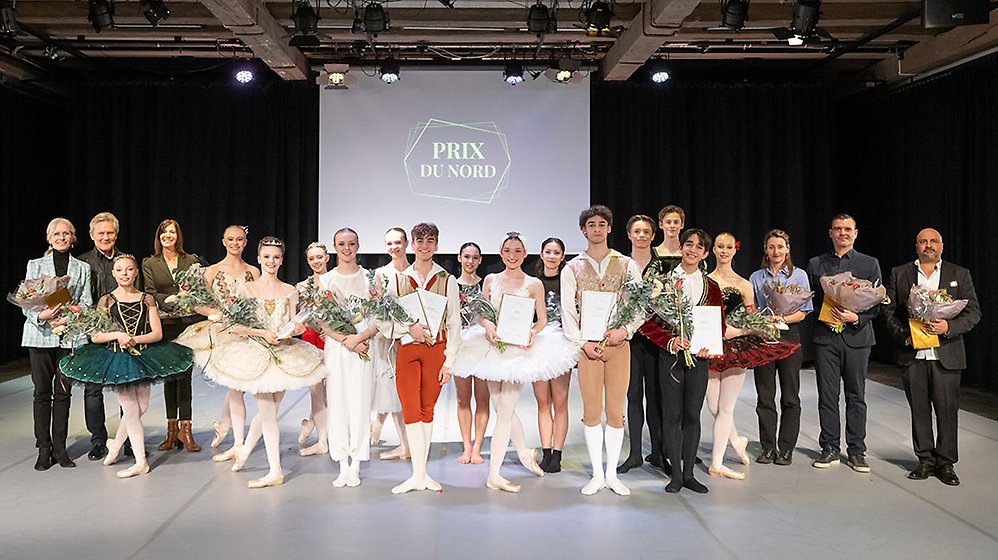
Nordens största danstävling lockade 44 dansare
Äntligen! Det är vad de flesta kände när tävlingen Prix du Nord genomfördes på Kronhuset i Göteborg.
-
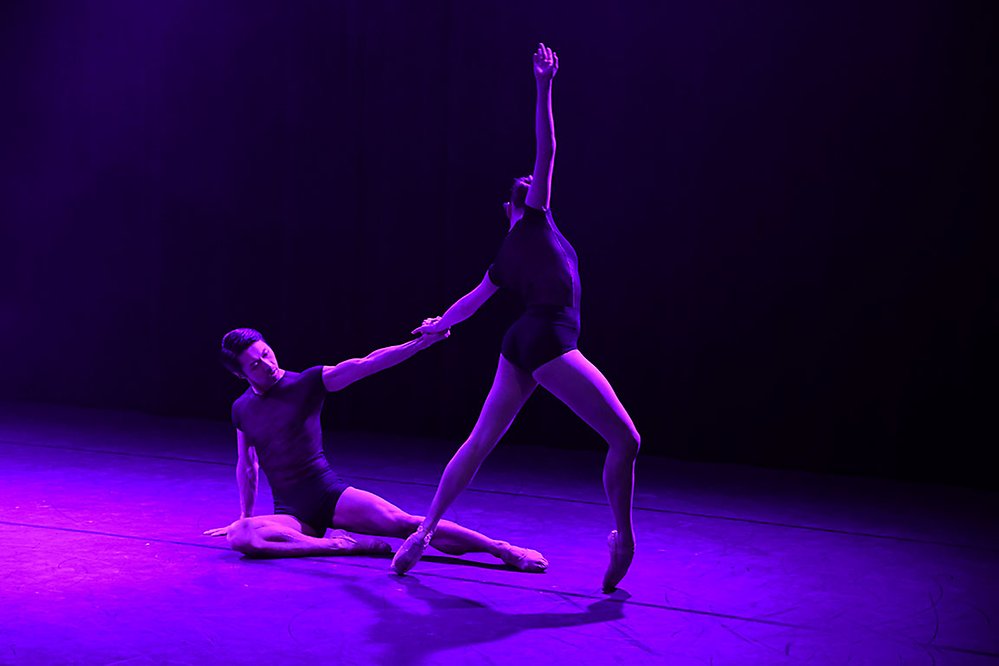
Young choreographers en bra plattform för nya idéer
En alldeles särskild glädje med workshopartade föreställningar är att man får se dansarna på riktigt nära håll. Så var fallet på Operans Rotunda 16 och 18 mars, i ett program med sju koreografer och 3...
-
%20Agathe%20Poupeney%20OnP%20-BONP-D%C3%A9fil%C3%A9.jpg)
Gala till minne av den lysande dansaren Patrick Dupond
Under februari var det tre utsålda galor på Palais Garnier i Paris, till minne av dansaren och balettchefen Patrick Dupond . För programmet på galan, se nedan!
-
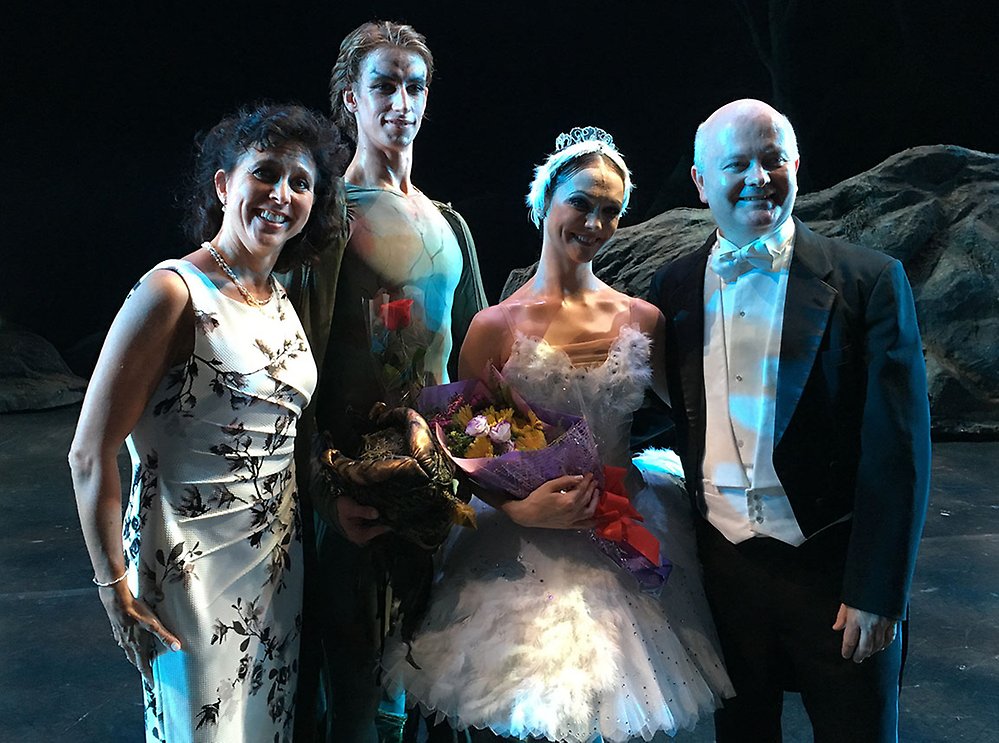
Madeleine Onne: Man får slåss för sin konstart
Madeleine Onne har varit balettchef i Stockholm, Hongkong och Helsingfors. Dansportalen har pratat med Madeleine om bland annat tiden i Hongkong, Helsingfors och om Stockholm 59°North. Men på vår förs...
-
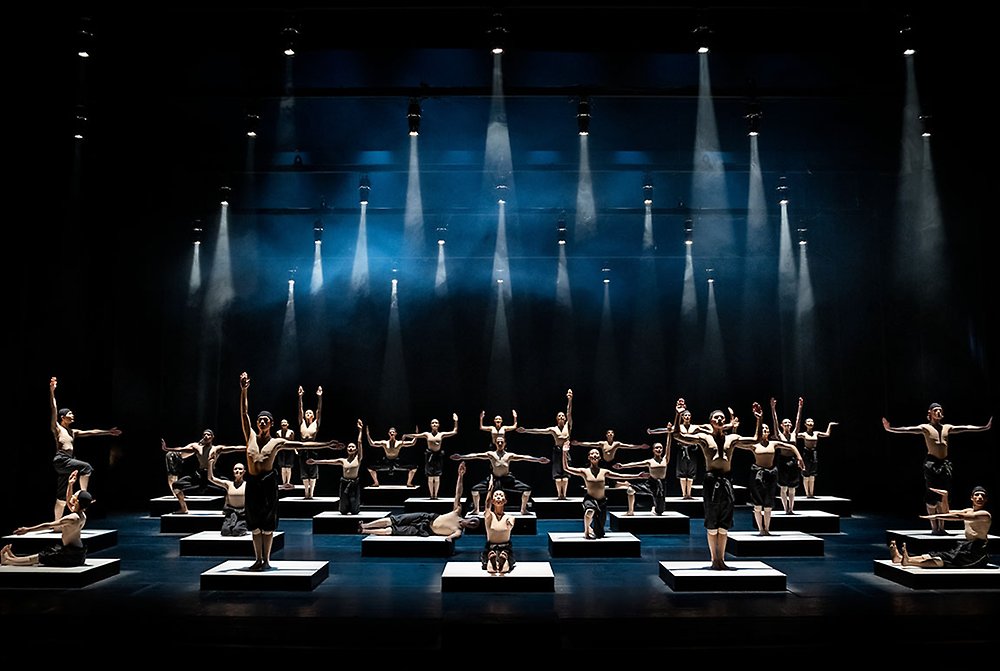
Triple Bill at the Ballet. What's not to Like?
The feel-good factor was in abundance at the Royal Opera House in Stockholm with a triple bill to send the audience home with a smile.
-
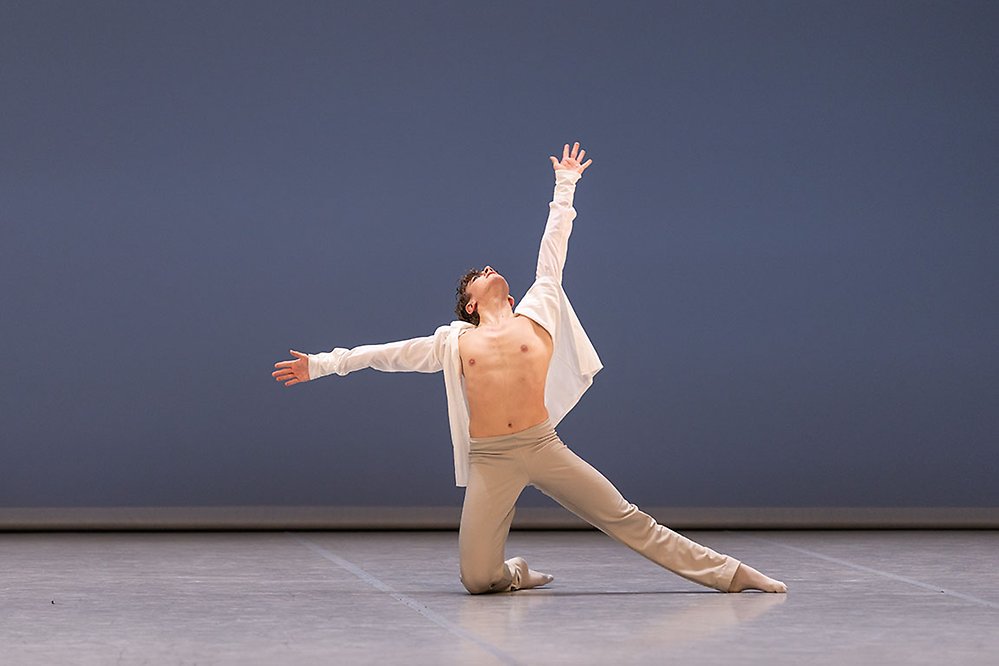
Elever från Kungliga Svenska balettskolan tävlade i årets Prix de Lausanne
Sveriges kandidater i Prix de Lausanne kommer båda två ifrån Kungliga Svenska balettskolan. Theodor Bimer och Alexander Mockrish. Tävlingen firar 50 årsjubileum lite sent då pandemin stoppat ett flert...
-
.jpg)
12 songs + Ane Brun och Kenneth Kvarnström på Göteborgsoperan
Första helgen i februari är det premiär för 12 songs + på Göteborgsoperan. Ett scenkonstverk skapat genom samarbete mellan 18 dansare och en av Nordens främsta koreografer, Kenneth Kvarnström, i något...
Notiser
- Den andra halvan av drömmen – måndag 29 april kl. 19.00
- Nu finns en danskalender på Dansportalen
- Nytt regionalt center för dans byggs i Mölndal
- Kungliga Operan stänger i fem år från juli 2026
- Premiärdansaren Frans Valkama har tilldelats Edvard Fazer pris av Suomen Kulttuurirahasto (The Finnish Cultural Foundation)
- Kulturnatt Stockholm
FÖLJ OSS PÅ
-
Kreativ lyskraft hos GöteborgsOperans Danskompani
GöteborgsOperans danssäsong 2024/2025 blir en virtuos upplevelse med kreativ briljans. Strålkastarljuset riktas mot starka kvinnliga röster och det blir både raffinerade ...
-
Dansarna berör på djupet med sin dansade kyss
Sommaren 2022 turnerade Don't, Kiss .Skånes utomhus i Skåne och Köpenhamn. 23 mars 2024 får föreställningen nypremiär på Skånes Dansteater, denna gång som inomhusverk med...
-
Yoann Bourgeois tillbaka till Göteborgsoperans Danskompani med ett sant styrkeprov
Efter fyra år är det dags igen för den franske koreografen Yoann Bourgeois att återvända till Göteborgsoperans danskompani. Denna gång för verket We loved each other so m...
-
Spot on Darrion Sellman – dancing the leading role Siegfried in Swan Lake
In August last year Darrion Sellman arrived to Stockholm and joined the company. Darrion says: “It has been a change to come to Stockholm. A vibrant city, small but calme...
-
Kalle Wigle nyutnämnd solist vid Staatsballett i Berlin
Dansportalen gratulerar svenske dansaren Kalle Wigle som nyligen utnämnts till solist vid Staatsballett i Berlin.
-
Succéduo skapar nytt efter segertåg i Sverige och Europa
Intervju Hugo Therkelson och Tobias Ulfvebrand
ANNONS
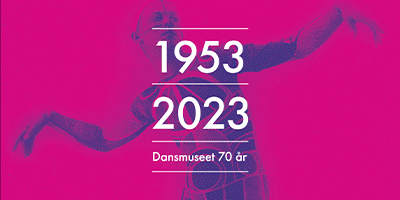
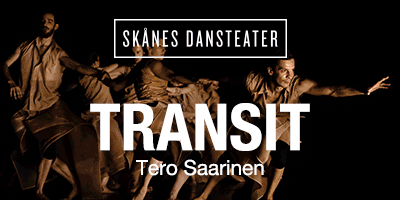
Ur Dansportalens arkiv
-
Nurejevs Svansjön på Stockholmsoperan – en version aldrig tidigare spelad i Sverige
Inför Kungliga Balettens premiär på Svansjön i koreografi av Rudolf Nurejev gästades Operans Balettklubb av iscensättaren Charles Jude och dansaren Calum Lowden.Charles J...
ANNONS
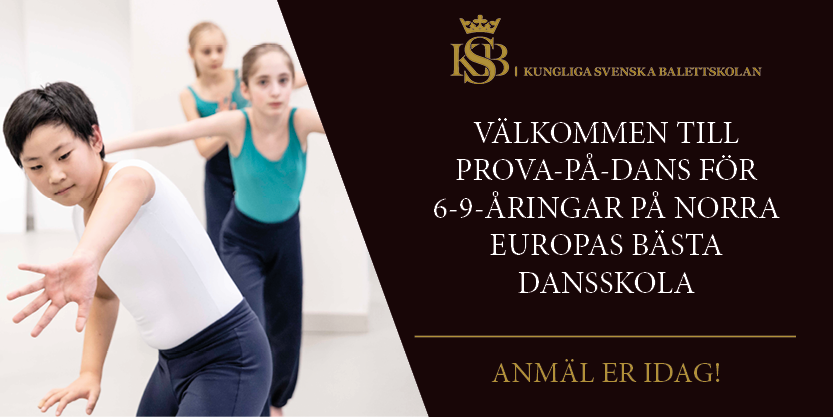
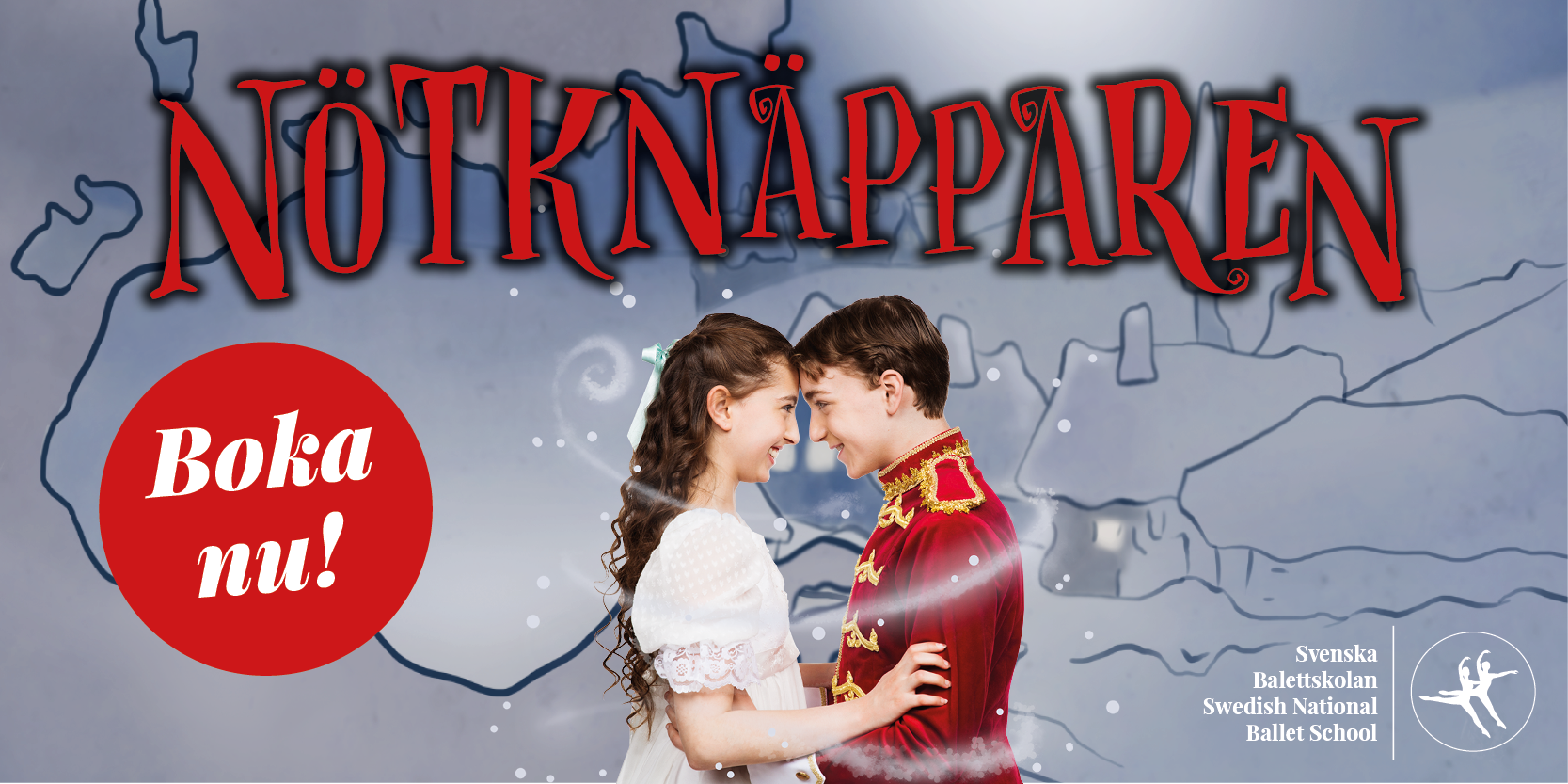
-
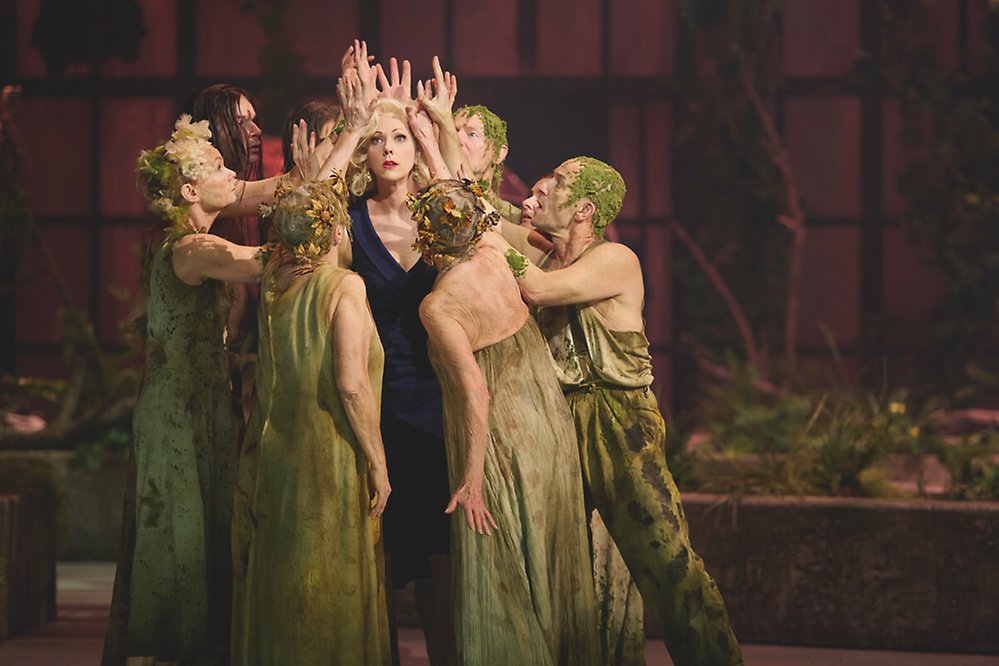
40 år senare: En dansares triumf över tidens utmaningar
-
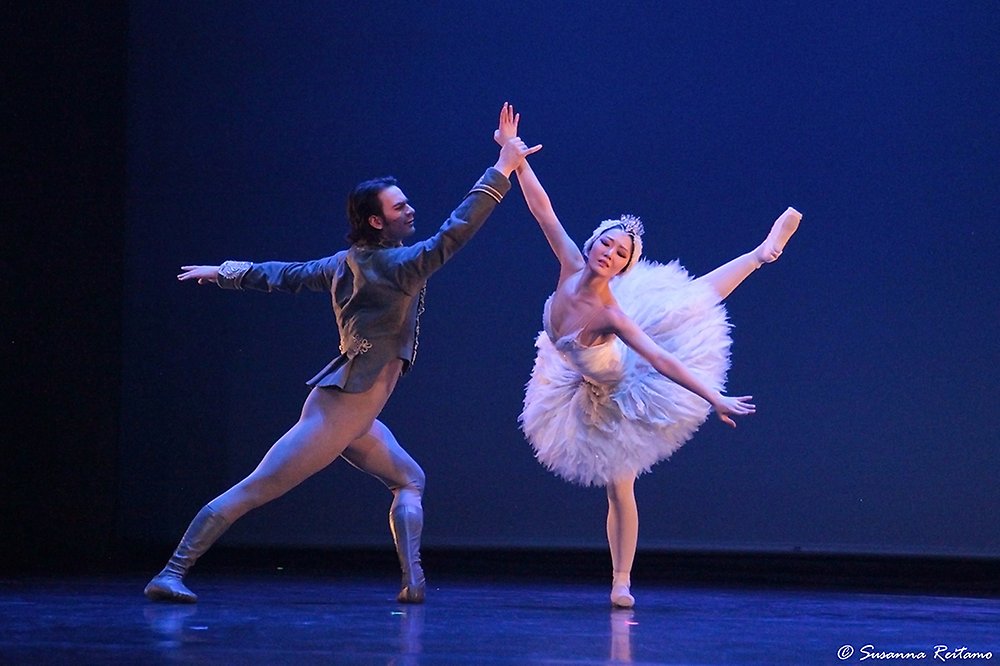
Fart och kunnande på Pro Dance Galan 2024
-
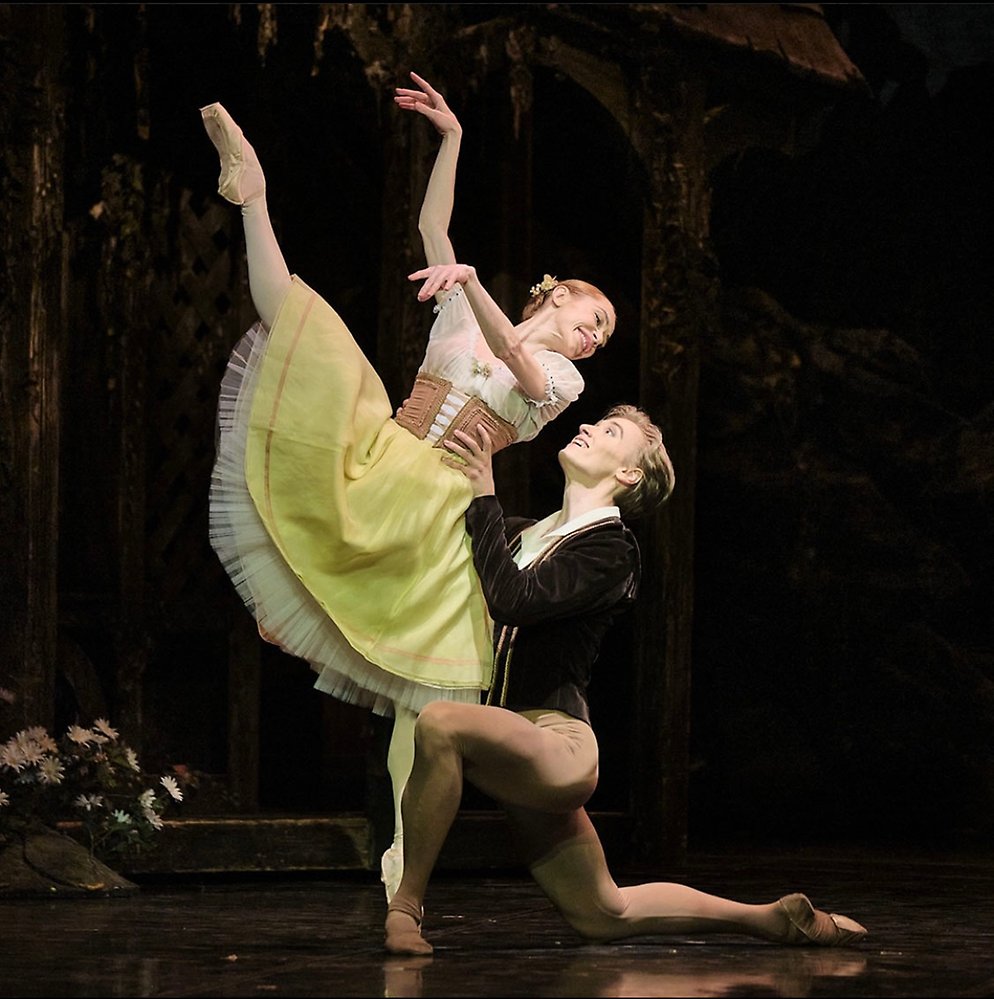
Svenske dansaren Kalle Wigle har stora framgångar i Berlin
-
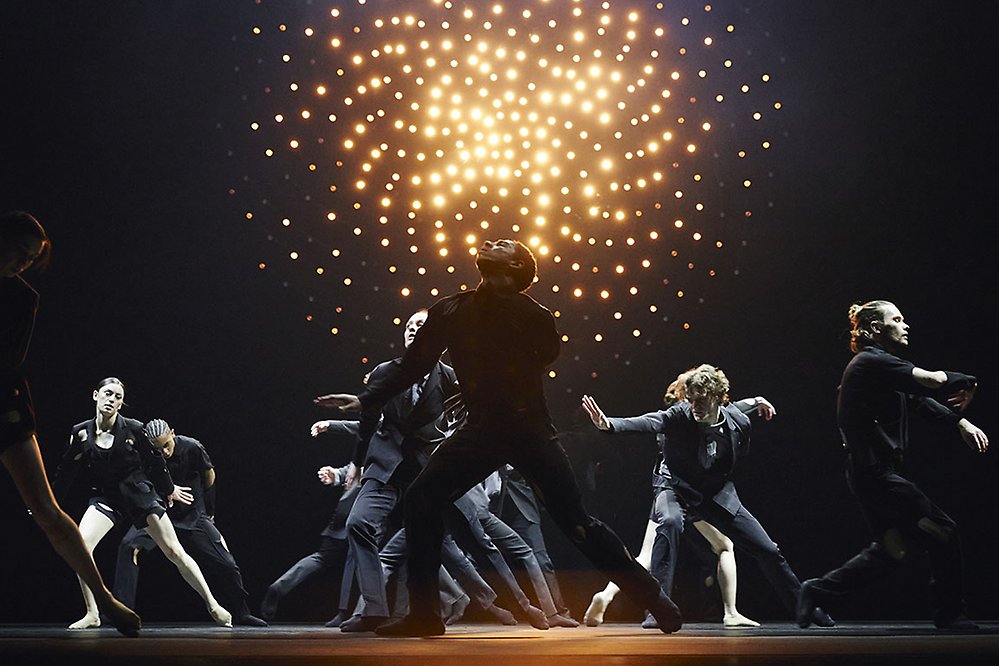
Timulak/Portner två olika verk men med flera beröringspunkter
-
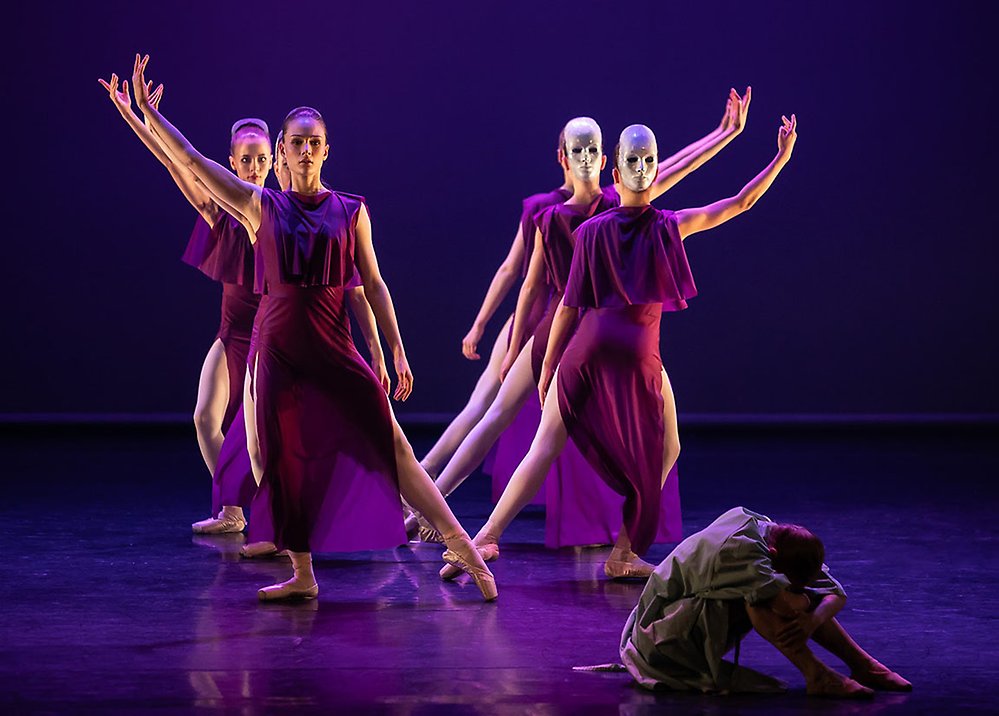
På jakt efter det fullkomliga: nationens skickligaste dansare och – smultron!
-
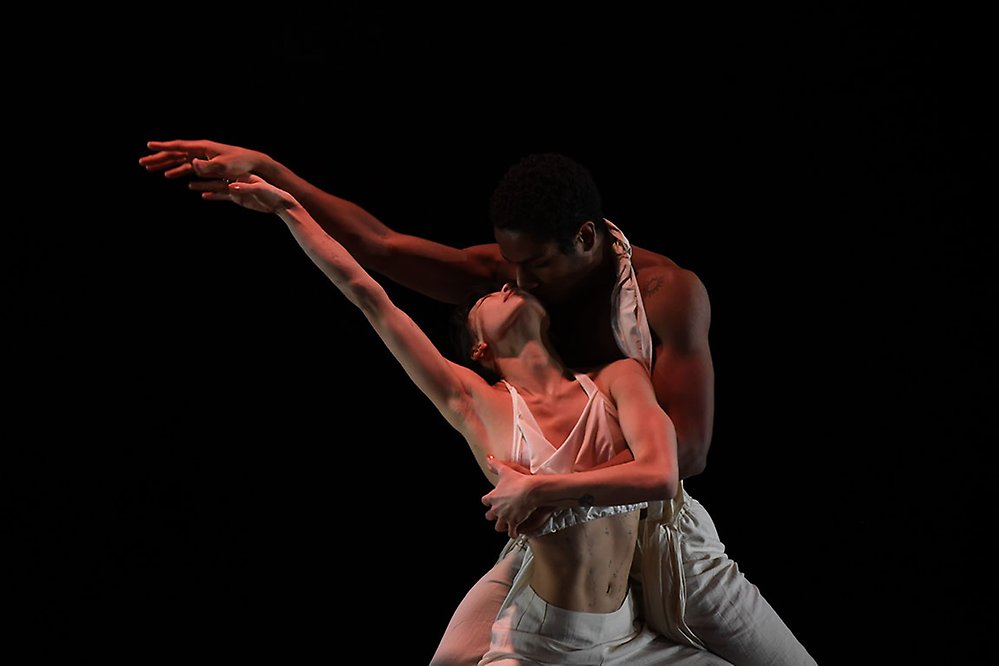
Young Choreographers en föreställning där dansare från Kungliga Operan koreograferar
-
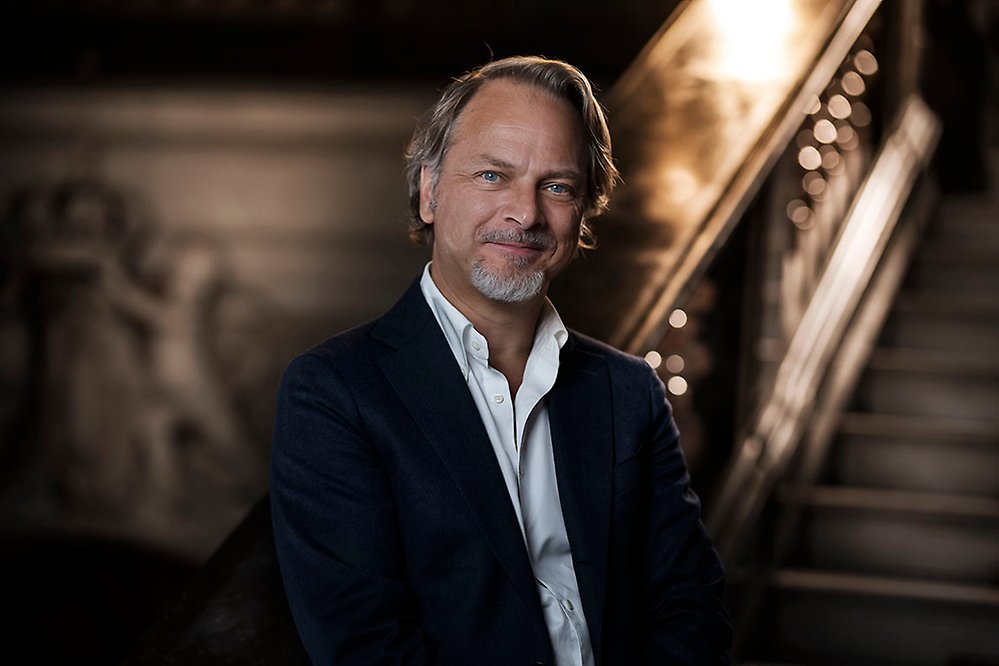
Operans VD Fredrik Lindgren: På sikt vore det fantastiskt att få ett nytt Operahus i Stockholm
-
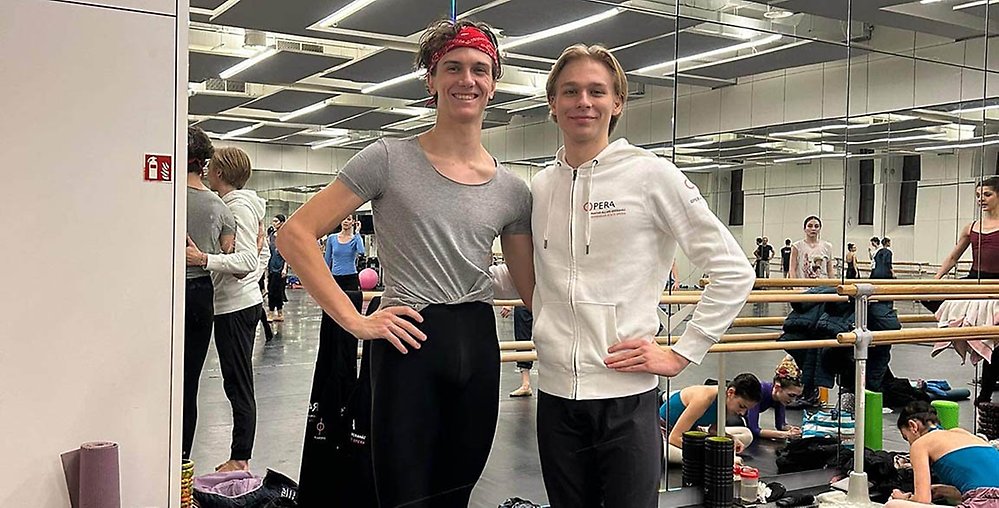
Från Svenska balettskolan i Göteborg till ungerska Statsoperan i Budapest
-
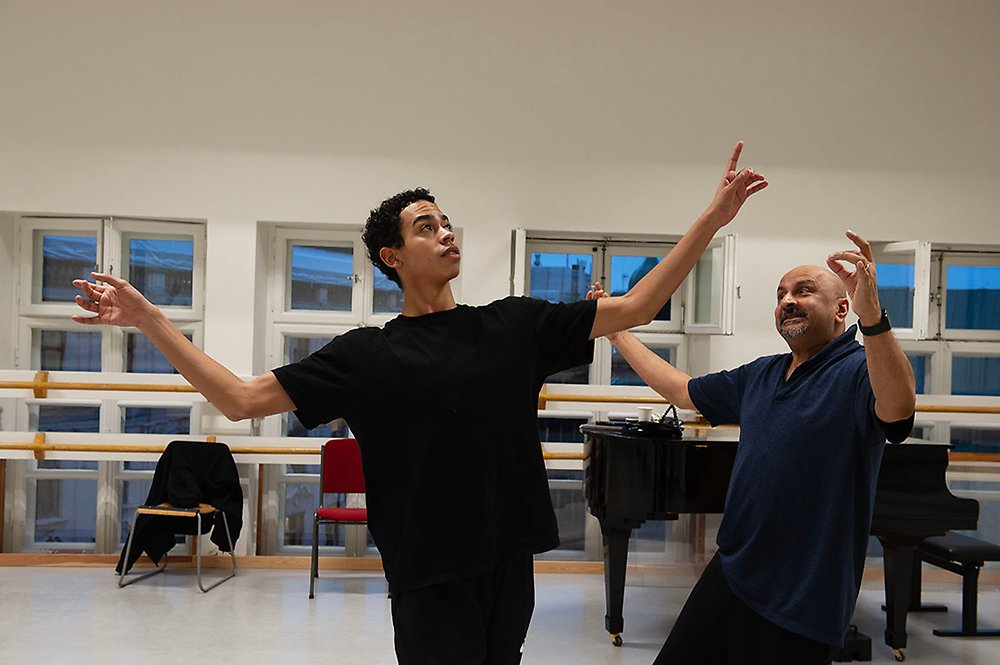
Joseph Sturdys verk Lucid Episode inleder nyårsgalan på Kungliga Operan
-
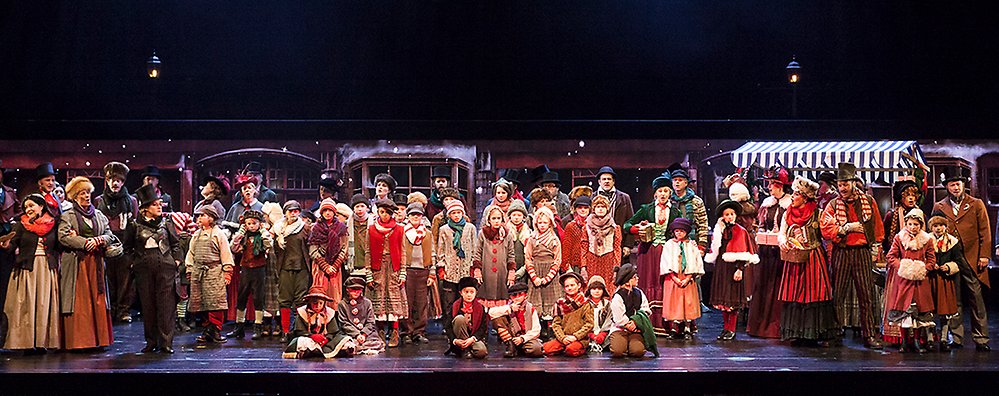
Göteborgsoperan sjunger in julen med En Julsaga
-
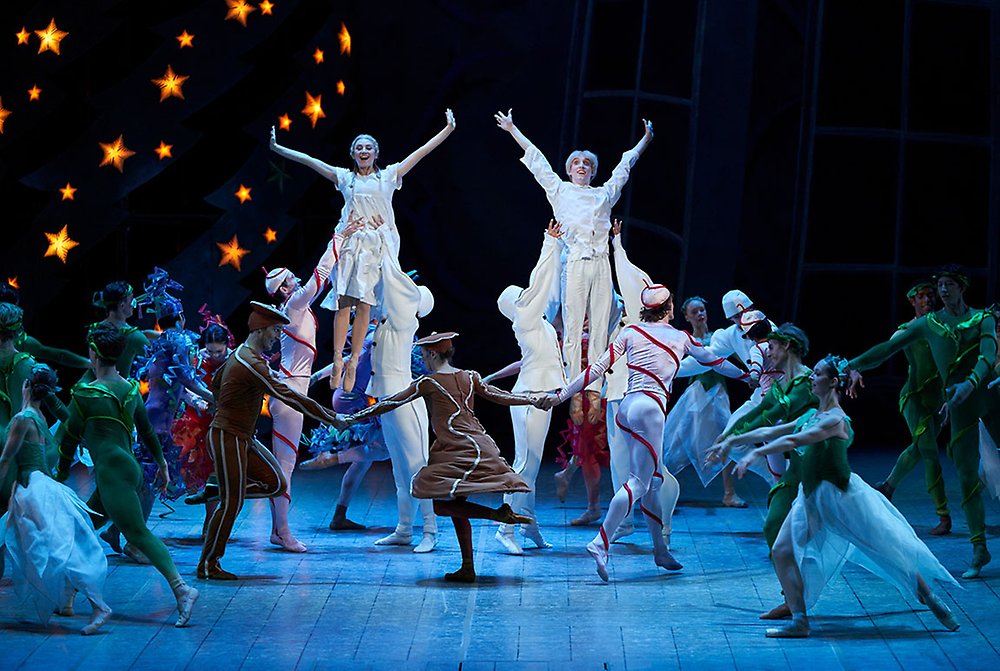
Nötknäpparen, nypremiär på Kungliga Operan i Stockholm efter fyra års uppehåll
-
Giovanni Bucchieri – en konstnärlig kameleont
-
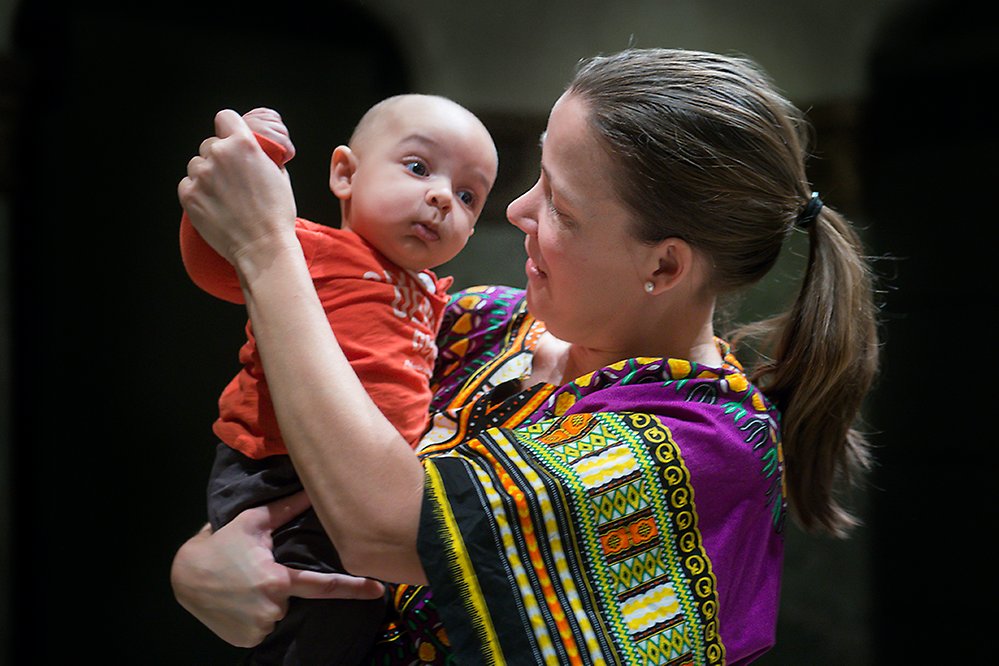
”Mycket talar för att vi inte kommer att kunna vara kvar där vi är nu,” säger Hans Lindholm Öjmyr, ny chef för Dansmuseet
-
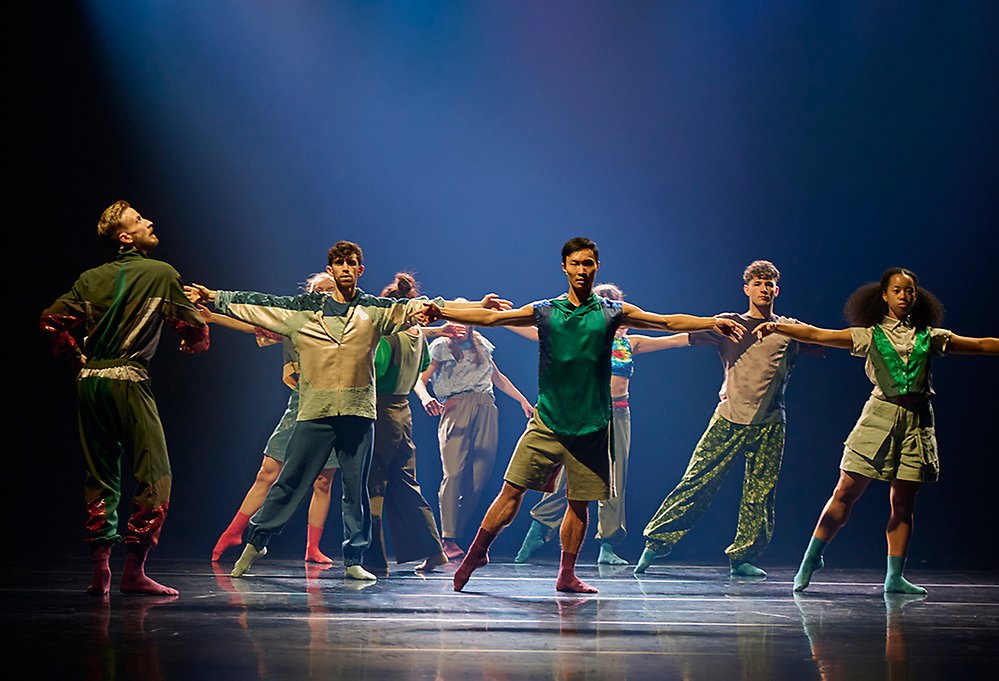
In a heartbeat, ny världspremiär på Göteborgsoperan
-
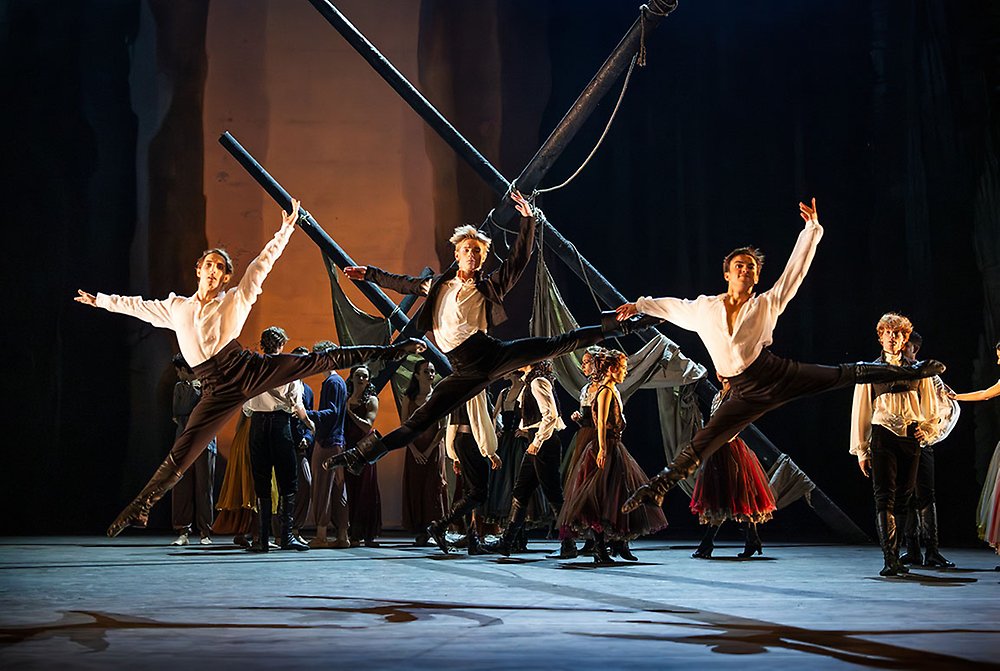
Le Corsaire, svensk premiär på Kungliga Operan med virtuos dans och teknisk skicklighet
-
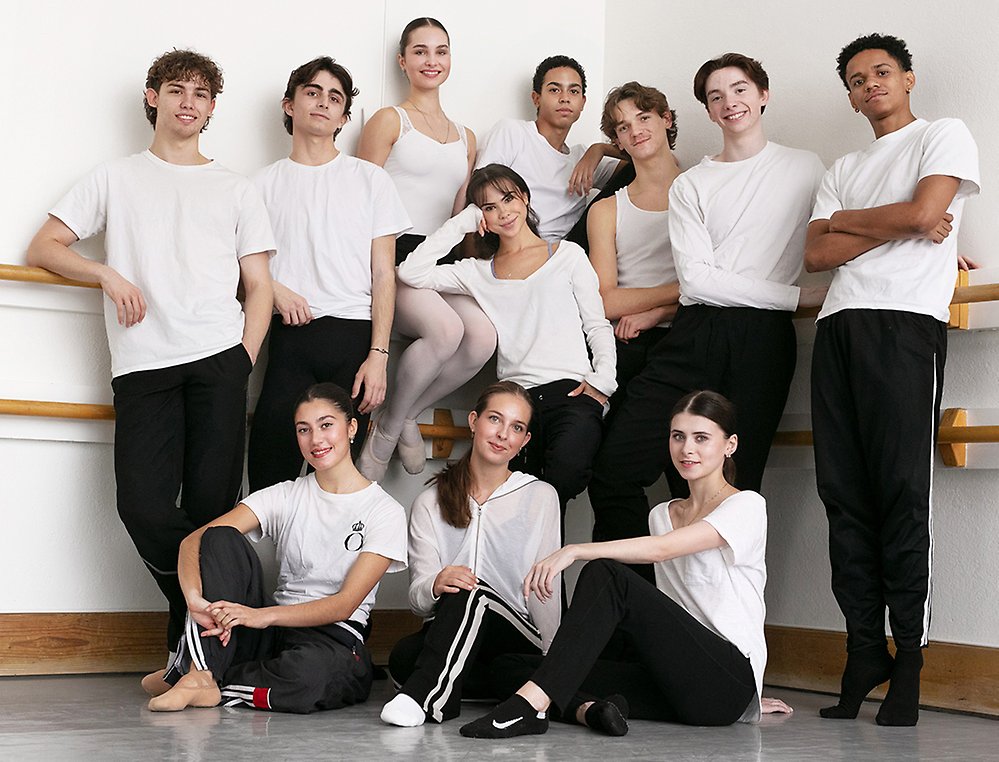
New talents join the Royal Swedish Ballet
-
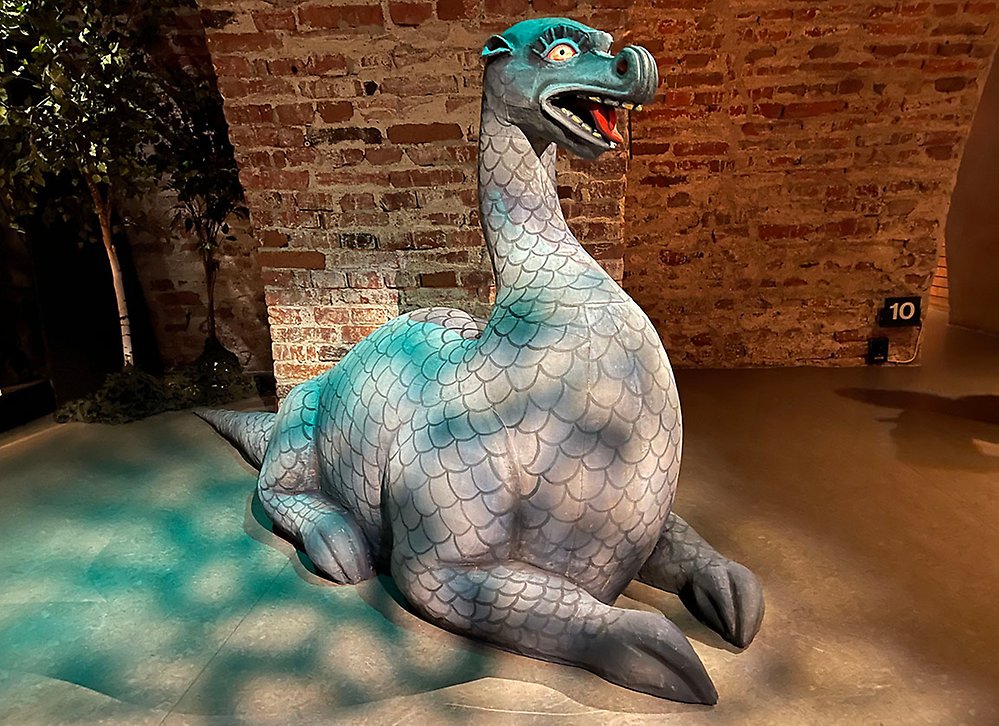
Där låg onekligen ett skimmer över Gustavs dagar
-
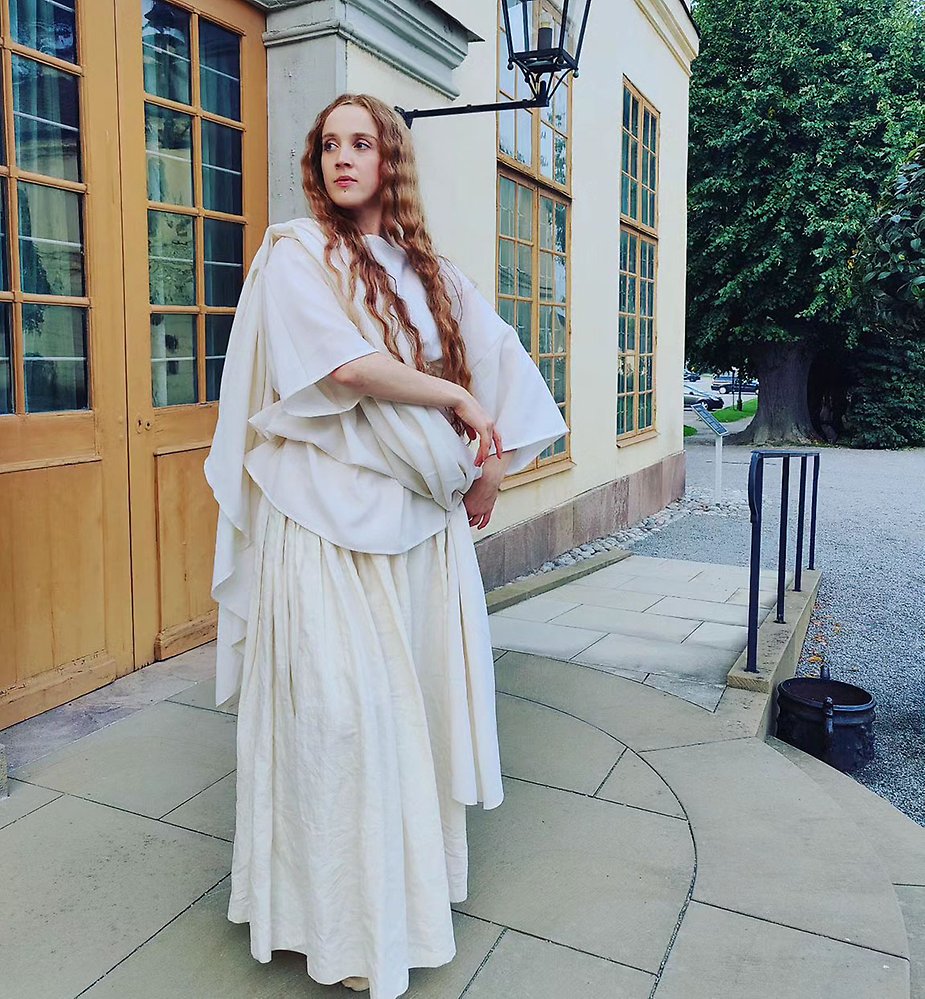
Attityder som uppskattades
-
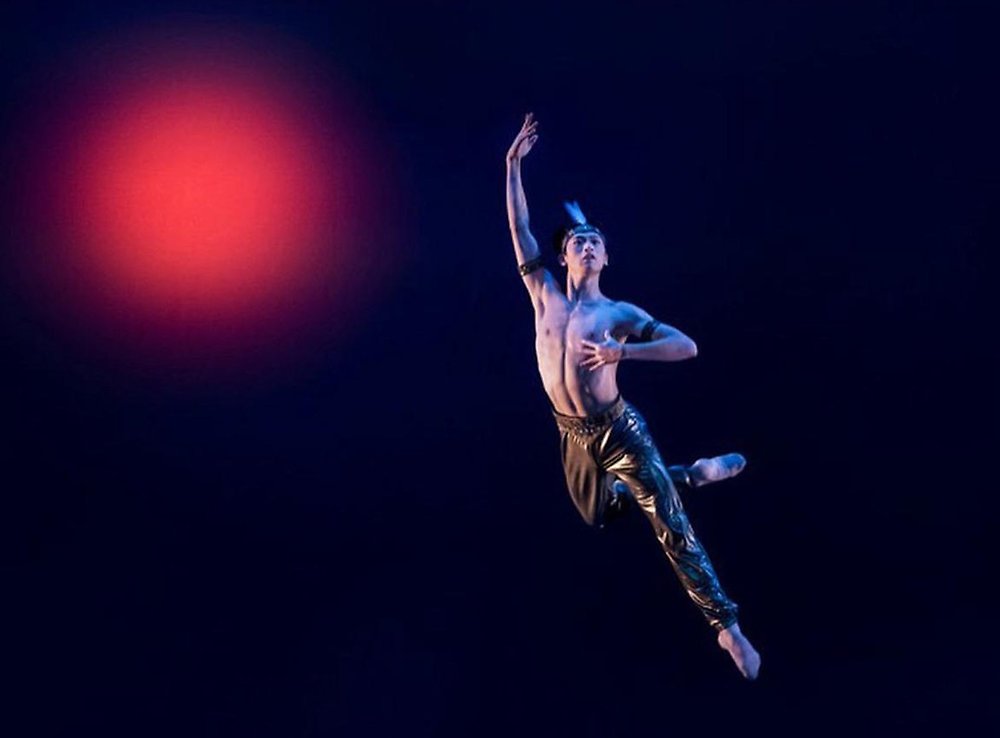
Spot-on Kentaro Mitsumori, dancer with the Royal Swedish Ballet
-
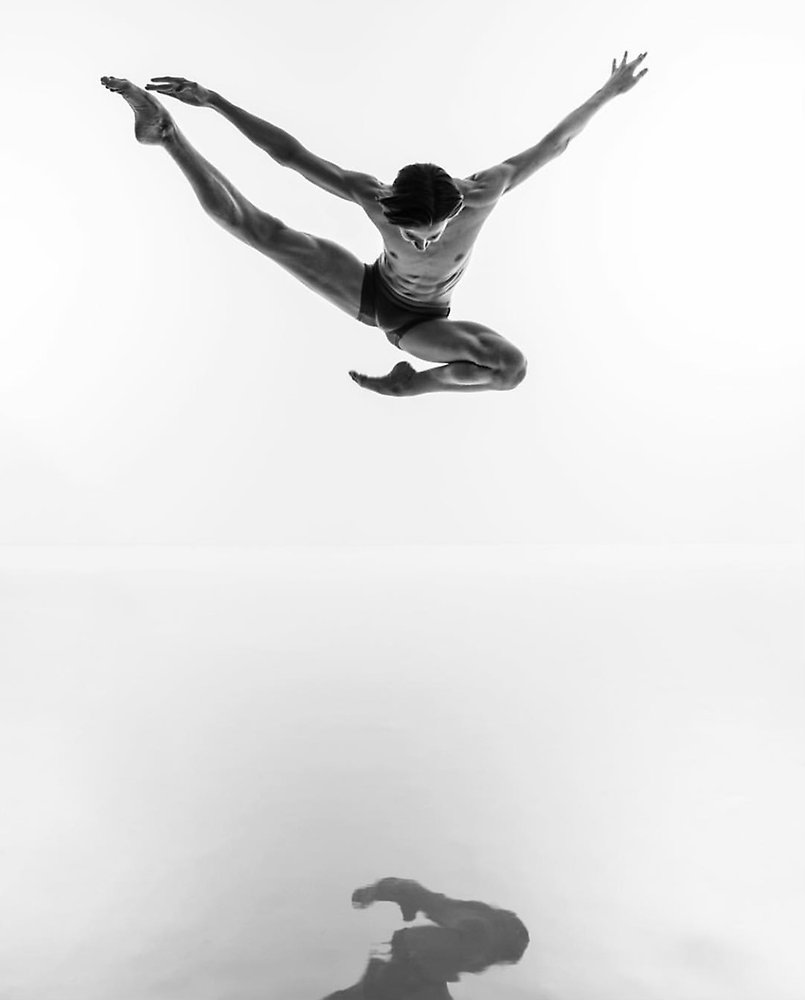
Kalle Wigle-Andersson får stipendium från Jubelfonden
Redaktion
dansportalen@gmail.com
Annonsera
dansportalen@gmail.com
Grundad 1995. Est. 1995
Powered by
SiteVision





